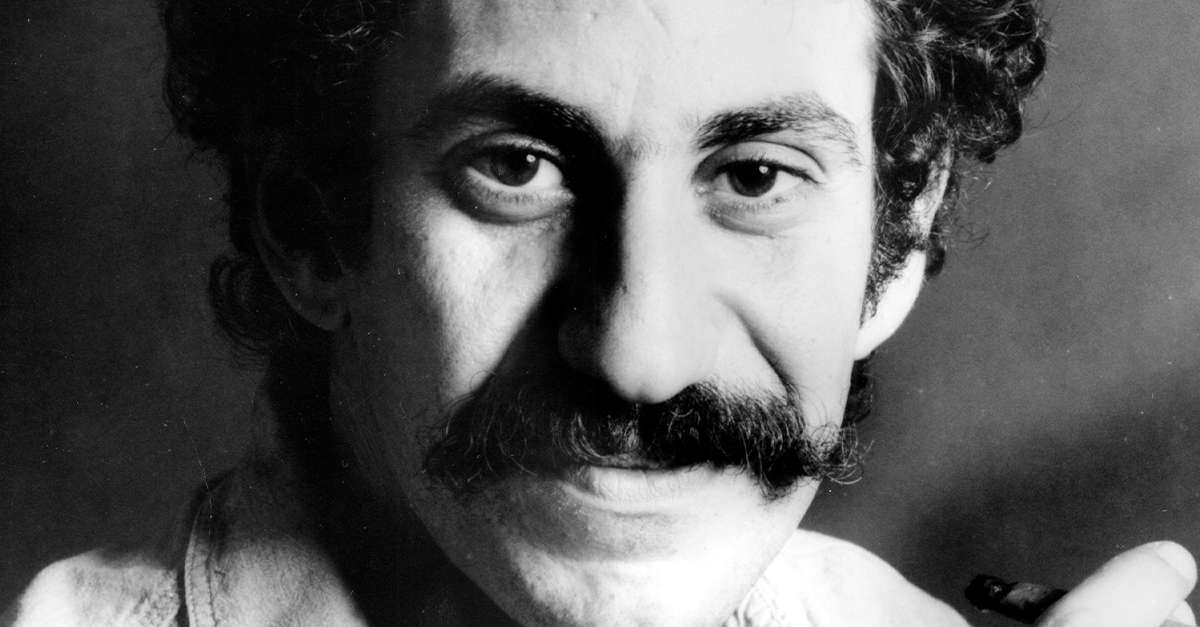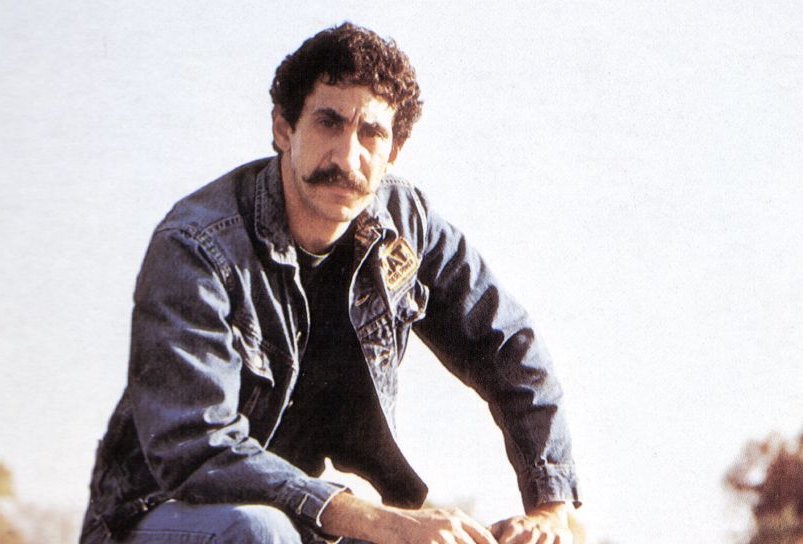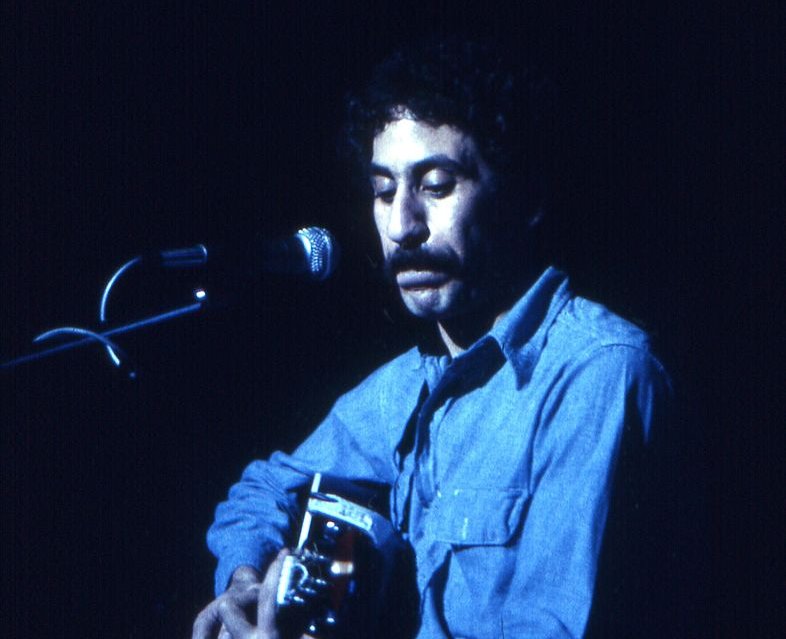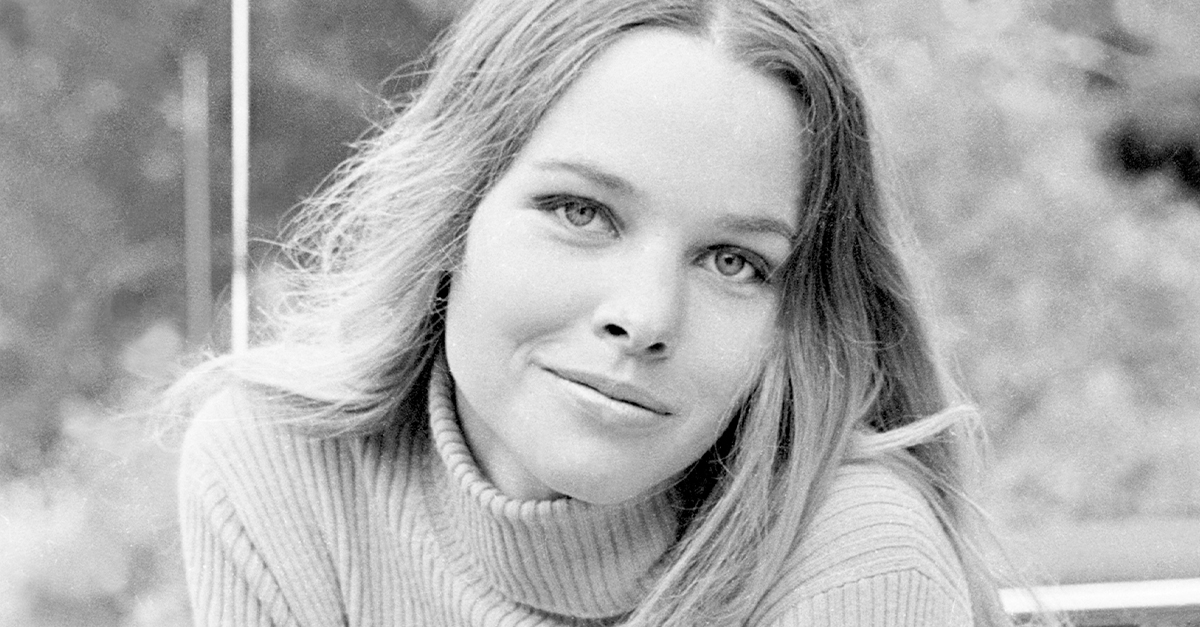Jim Croce was the American folk and rock singer and songwriter who could have had a long and storied career—but his greatness was cut short by one horrific tragedy.
1. He Was Doomed From the Beginning
Jim Croce was the singer-songwriter behind folk and rock classics like “Bad, Bad Leroy Brown” and “I Got a Name”. He spent a decade playing in local bars, never getting the recognition he deserved. Then, in 1973, he became an overnight success.
But, just as his star was making its ascent, his plane went hurdling in the opposite direction.
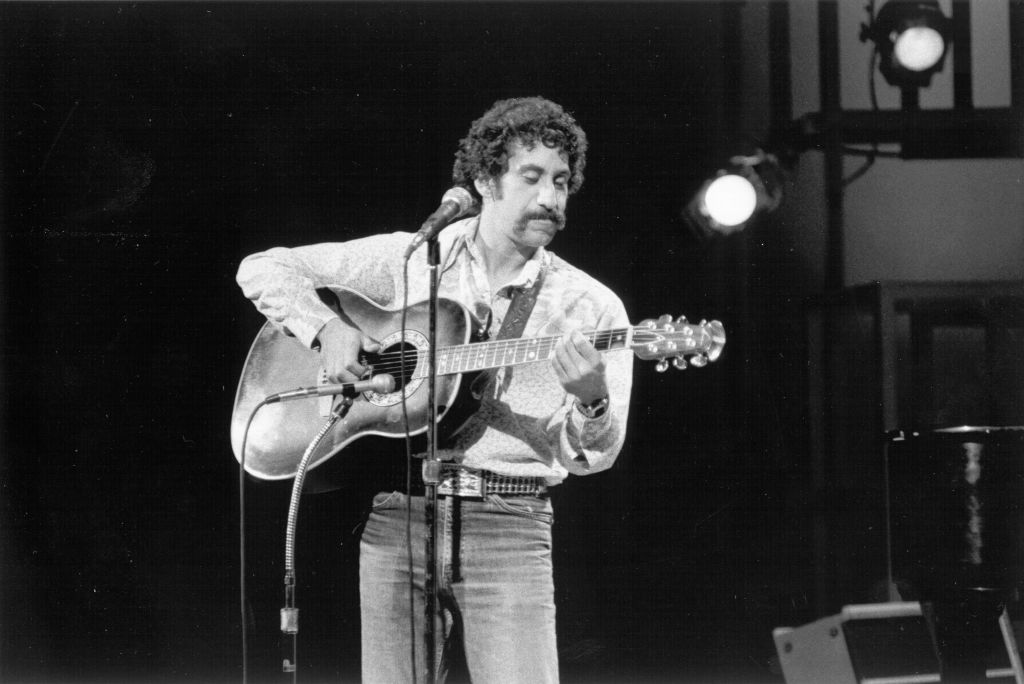 Michael Ochs Archives, Getty Images
Michael Ochs Archives, Getty Images
2. He Had Music In His Veins
When Jim Croce was born on January 10, 1943, there wasn’t any indication that he was a “once-in-a-generation” musical talent. He grew up in South Philadelphia in a tight-knit Italian-American family; his father, James Albert, was from Abruzzo, and his mother Flora Mary, was from Sicily. But the only thing flowing through his veins was music.
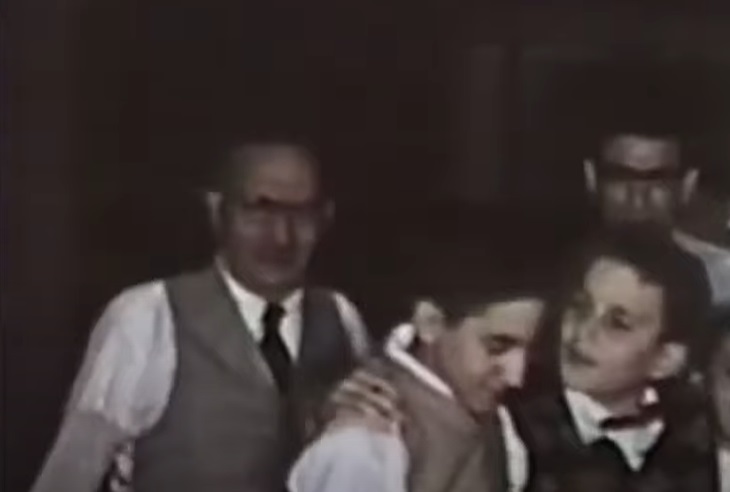 VH1, Behind the Music: Jim Croce (1997)
VH1, Behind the Music: Jim Croce (1997)
3. He Found His Sound
Growing up in Upper Darby, just outside of Philadelphia, Croce listened to all kinds of music, from opera to jazz and back again. However, it wasn’t until his parents gifted him a guitar that he discovered the sounds of R&B, rock and roll, blues, and folk. From that moment on, he developed his own unique sound—one that would one day take him to the top of the charts.
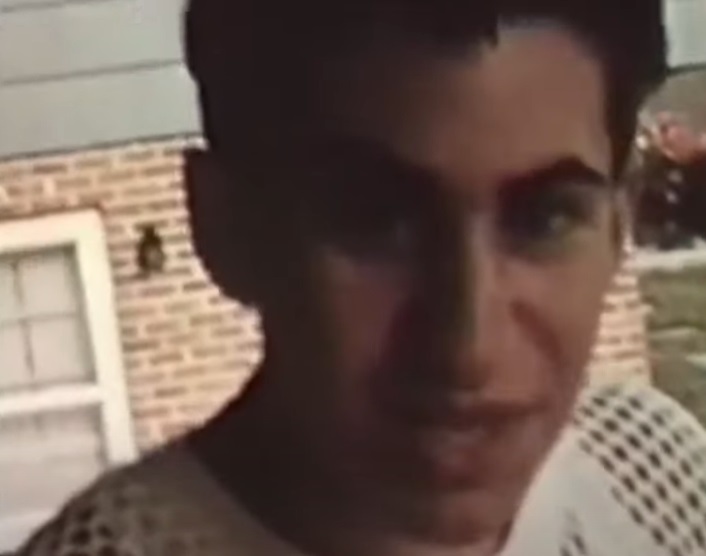 VH1, Behind the Music: Jim Croce (1997-)
VH1, Behind the Music: Jim Croce (1997-)
4. He Was The First In His Family
Croce’s true love was music—but his parents had less artistic ambitions for him. After graduating from Malvern Preparatory School, he attended Villanova University, pursuing psychology and German. He was the first member of his family to attend university, but it wasn’t long before his true passions took over.
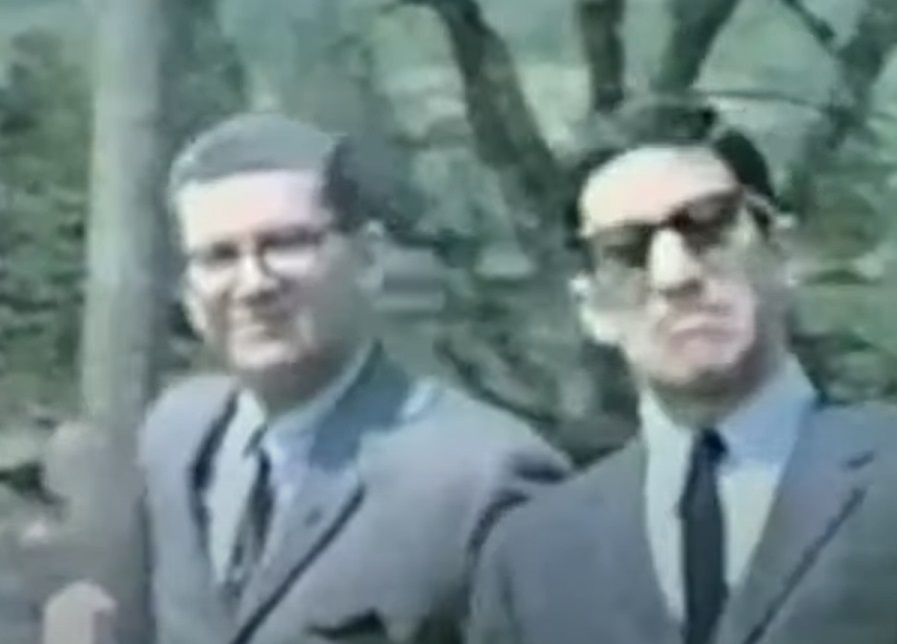 VH1, Behind the Music: Jim Croce (1997-)
VH1, Behind the Music: Jim Croce (1997-)
5. He Rocked The Airwaves
While at Villanova, Croce wasn’t just a regular student. He took on a job as a disc jockey for WKVU, the campus radio station. One of his career highlights in manning the school’s airwaves was interviewing Mississippi John Hurt, one of his musical heroes, who indulged his budding ambitions by recording a jam session with him.
The impromptu recording reminded Croce what he really wanted to do.
 ABC Records, Wikimedia Commons
ABC Records, Wikimedia Commons
6. He Juggled Books And Guitars
When he wasn’t burying his face in books, Croce was a leader of the Villanova Singers, a college choir that performed both on campus and across the region. He also sang with a group called the Villanova Spires, which moonlighted under the name “The Coventry Lads” when recording music off campus. And, already, he was getting accustomed to the limelight.
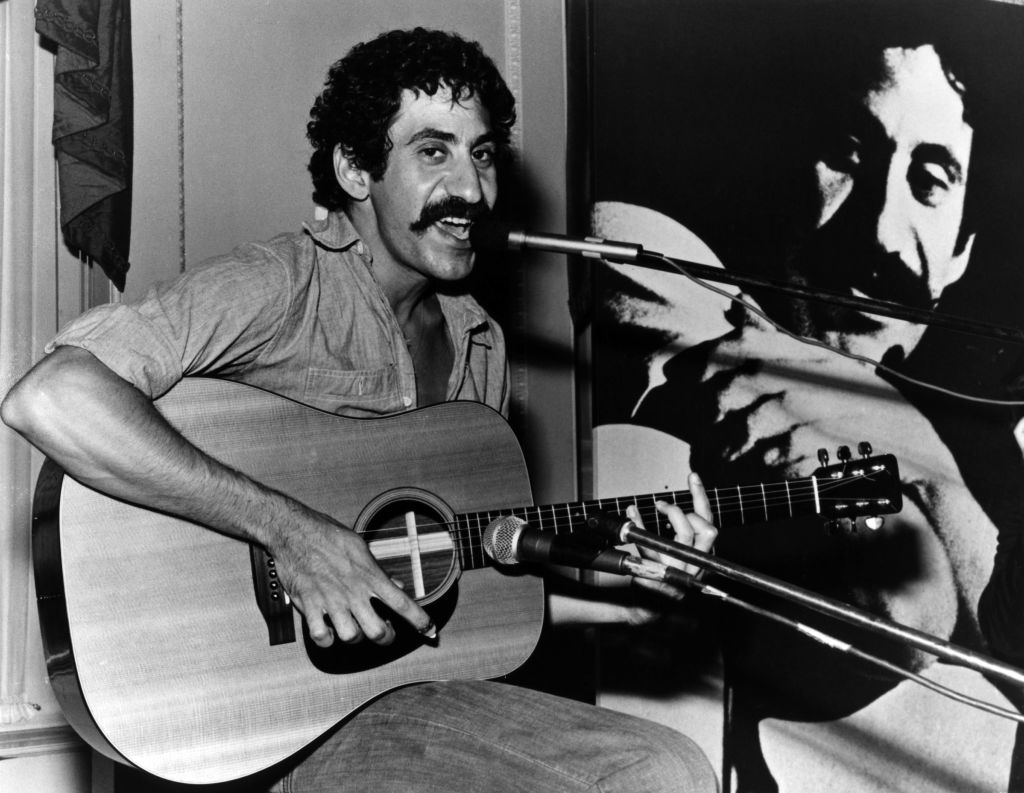 Charlie Gillett Collection, Getty Images
Charlie Gillett Collection, Getty Images
7. He Meant Every Word
Croce and his college choir mates were so good that Villanova chose them for a foreign exchange tour. Before he ever even topped the charts, Croce found himself performing across Africa, the Middle East, and Yugoslavia, immersing himself in the touring culture. “Of course, they didn’t speak English,” he explained, “but if you mean what you’re singing, people understand”.
He certainly sang from the heart—but this was only the beginning.
 ABC Television, Wikimedia Commons
ABC Television, Wikimedia Commons
8. He Judged His Soulmate
In November 1963, Croce attended a hootenanny in Philadelphia where he was judging a music contest. Little did he know, that day would change his life. Among the performers he was judging was none other than the 16-year-old Ingrid Jacobson. Suffice to say, her singing voice wasn’t the only thing that caught his attention.
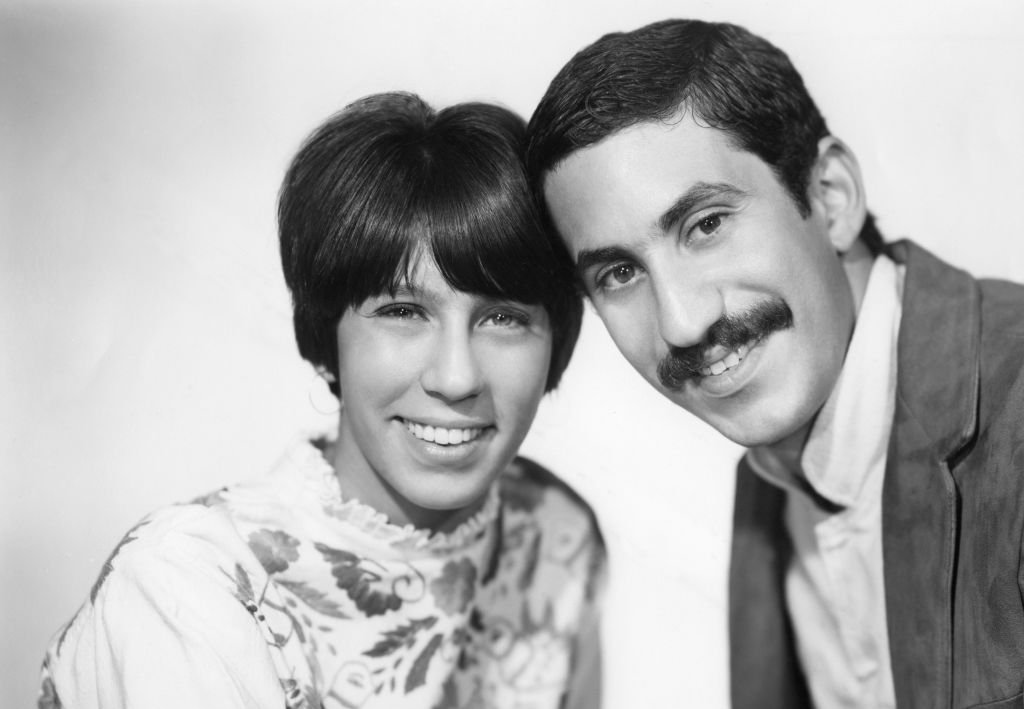 Michael Ochs Archives, Getty Images
Michael Ochs Archives, Getty Images
9. He Was Tripping Over Himself
After Jacobson wrapped up her set, Croce decided to make his move. However, the normally confident musician was surprisingly awkward. After tripping over a microphone cord on his way over to her, he managed to regain his balance, but tripped over his words again as he said, “Have you ever considered singing rock ’n’ roll? I think you’d be great”.
It wasn’t the smoothest pickup line—but it worked.
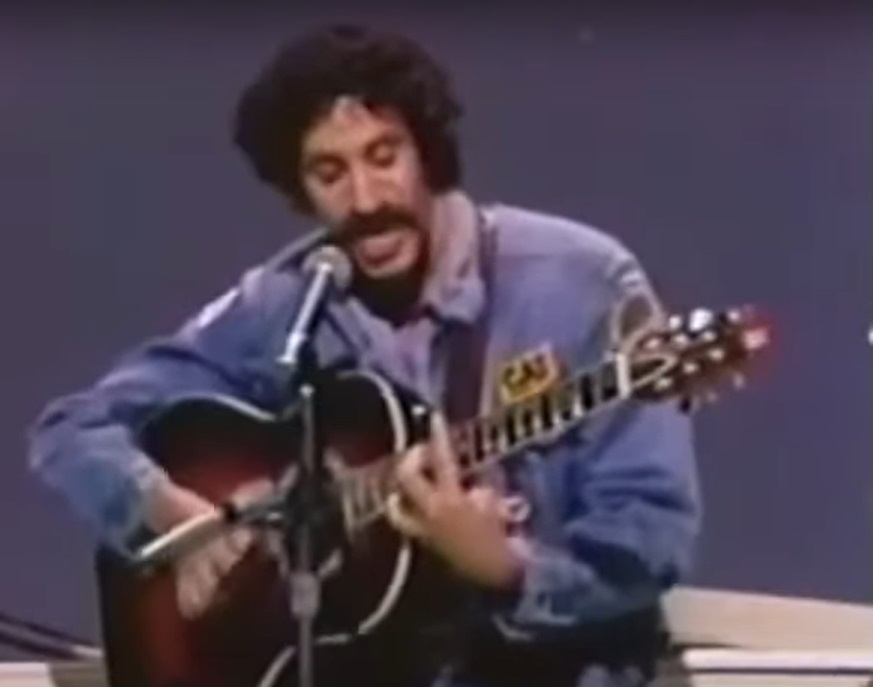 VH1, Behind the Music: Jim Croce (1997-)
VH1, Behind the Music: Jim Croce (1997-)

History's most fascinating stories and darkest secrets, delivered to your inbox daily.
10. He Wanted To Show Off His Girlfriend
Despite their awkward first meeting, Croce knew that Jacobson was the only woman for him. They began dating shortly after, and it wasn’t long before they started making sweet music together. At a party hosted by one of his friends, Croce performed solo before motioning for Jacobson to join him on stage. What followed was a romantic evening unlike any other.
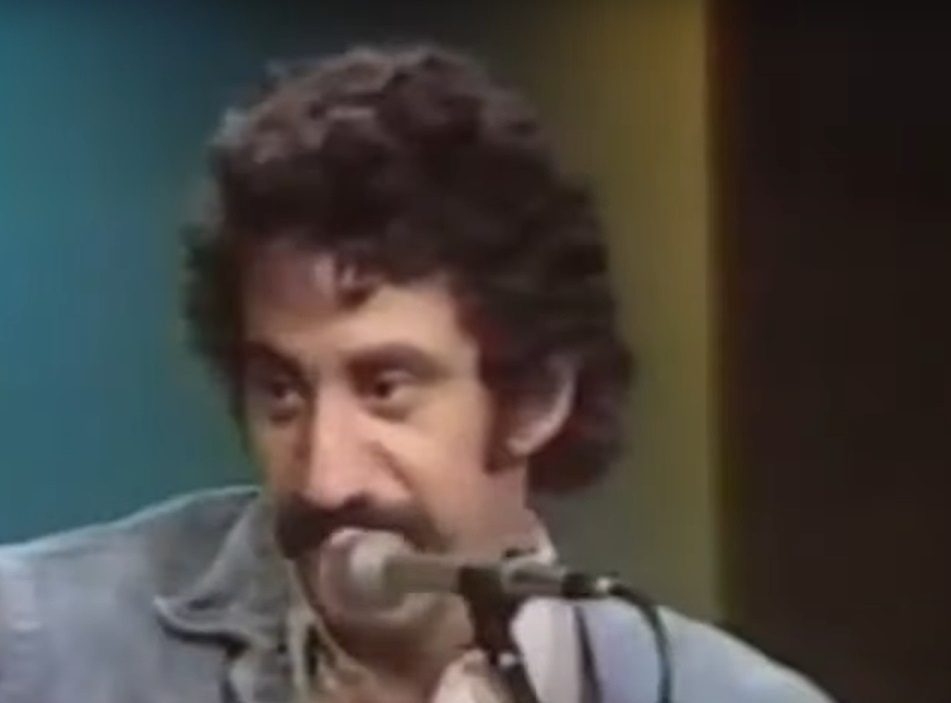 VH1, Behind the Music: Jim Croce (1997-)
VH1, Behind the Music: Jim Croce (1997-)
11. He Made Sweet Music With Jacobson
Once Jacobson got up on the stage, Croce began the introduction of “Song for Canada”. As the young couple sang the lyrics, “But just one river, you and me," it became apparent to all that they were in perfect harmony—and not just musically. “The room hushed,” Jacobson later recalled, as their friends took note of the intimacy between the pair.
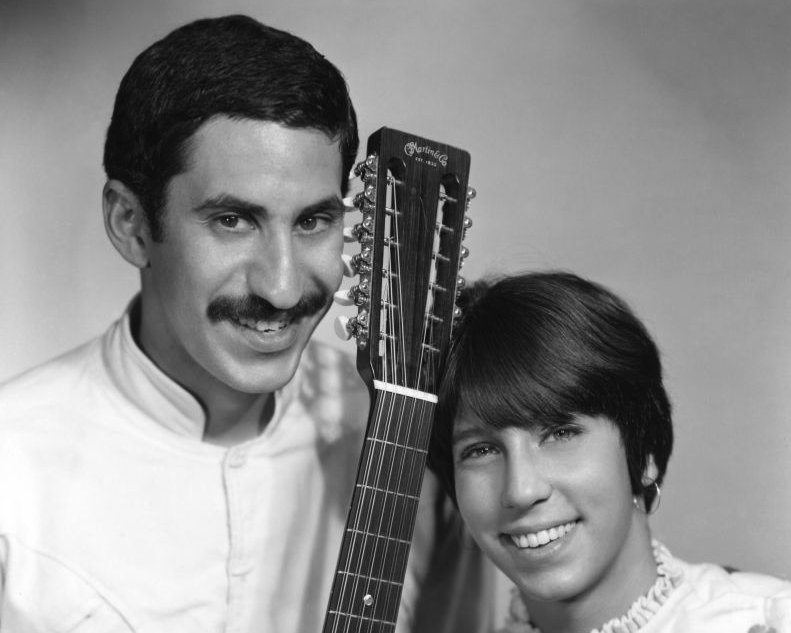 Michael Ochs Archives, Getty Images
Michael Ochs Archives, Getty Images
12. His Brother Interrupted His Moment
Just as Croce and Jacobson were about to bring the evening’s romantic atmosphere to a crescendo, Croce’s brother barged in, asking to borrow his car. The poorly-timed interruption broke the spell that the couple’s intimate duet had cast over the room and it seemed like Jacobson might slip out of Croce’s hands. Croce, however, still had a trick or two up his sleeve.
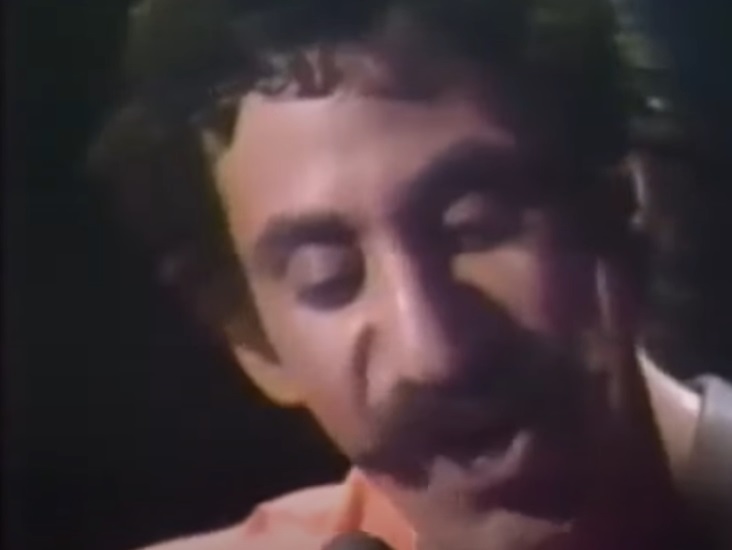 VH1, Behind the Music: Jim Croce (1997-)
VH1, Behind the Music: Jim Croce (1997-)
13. He Chose The Perfect Song for Romance
Despite the interruption, Croce wasn’t about to let the mood slip away entirely. He wrapped up his little concert and put on Johnny Mathis’s “Twelfth of Never” before leading Jacobson into a dimly lit hallway with the snow falling outside. Jacobson later recalled the magical moment, saying that “it seemed like we were caught inside a snow globe”.
Too bad snow globes are easily shattered.
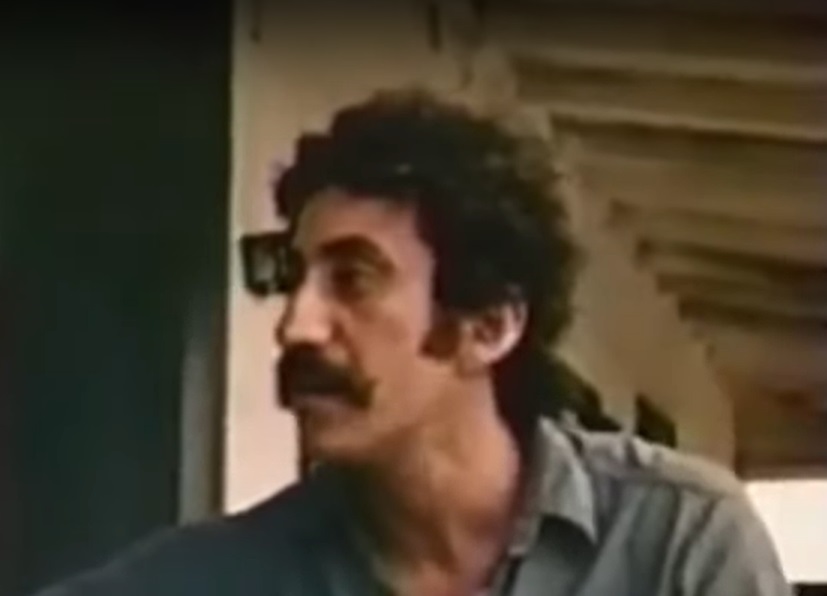 VH1, Behind the Music: Jim Croce (1997-)
VH1, Behind the Music: Jim Croce (1997-)
14. His Brother Struck Again
Croce took Jacobson up to one of the bedrooms, certain that he was about to seal the deal with the woman of his dreams. Just then, however, his brother ruined the mood once again. This time, one of Croce’s friends banged on the bedroom door and said that his brother had managed to get his car stuck in a snowdrift. Sealing the deal with Jacobson would be a lot harder than that for Croce.
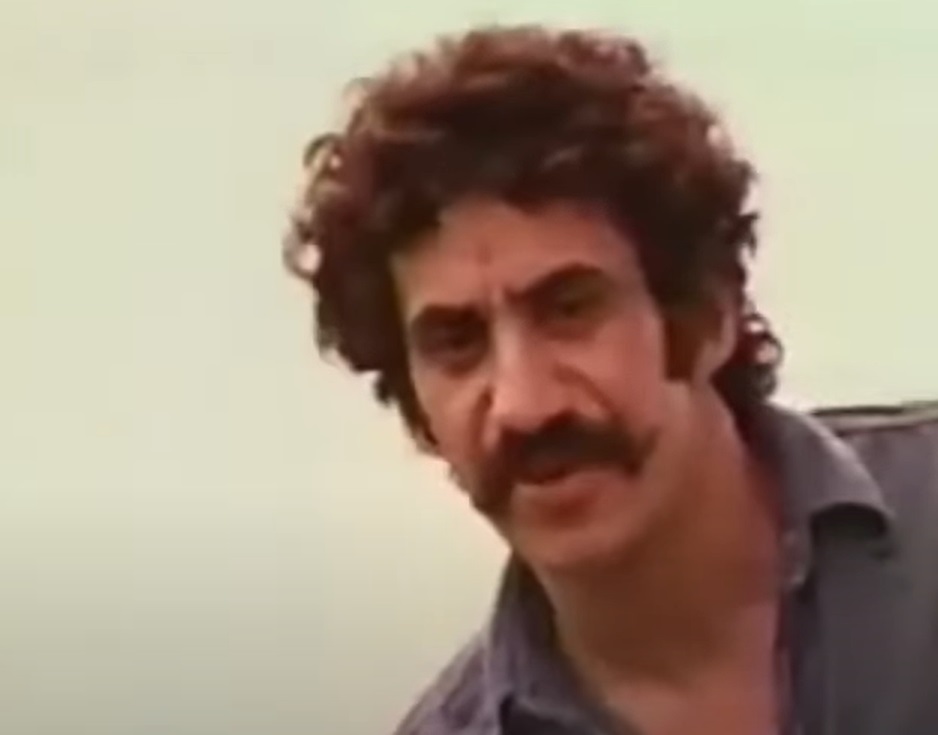 VH1, Behind the Music: Jim Croce (1997-)
VH1, Behind the Music: Jim Croce (1997-)
15. He Converted For Love
Croce’s brother wasn’t the only one inadvertently getting in the way of his relationship with Jacobson. Croce’s parents were devout Italian Catholics, while Jacobson was Jewish. But Croce once again demonstrated his devotion to Jacobson when, in 1966, he converted to Judaism before tying the knot. In the end, his parents approved of the match.
But they had reservations about his other love in life: music.
16. His Parents Gave Him A Huge Gift
Croce’s parents ended up loving Jacobson, but they were less enthusiastic about his ambitions for a career in music. Nevertheless, to celebrate his nuptials, they gave him $500 towards recording his debut album. Croce managed to turn that money into 500 copies of the self-produced album Facets. But his parents’ gift wasn’t all it appeared to be.
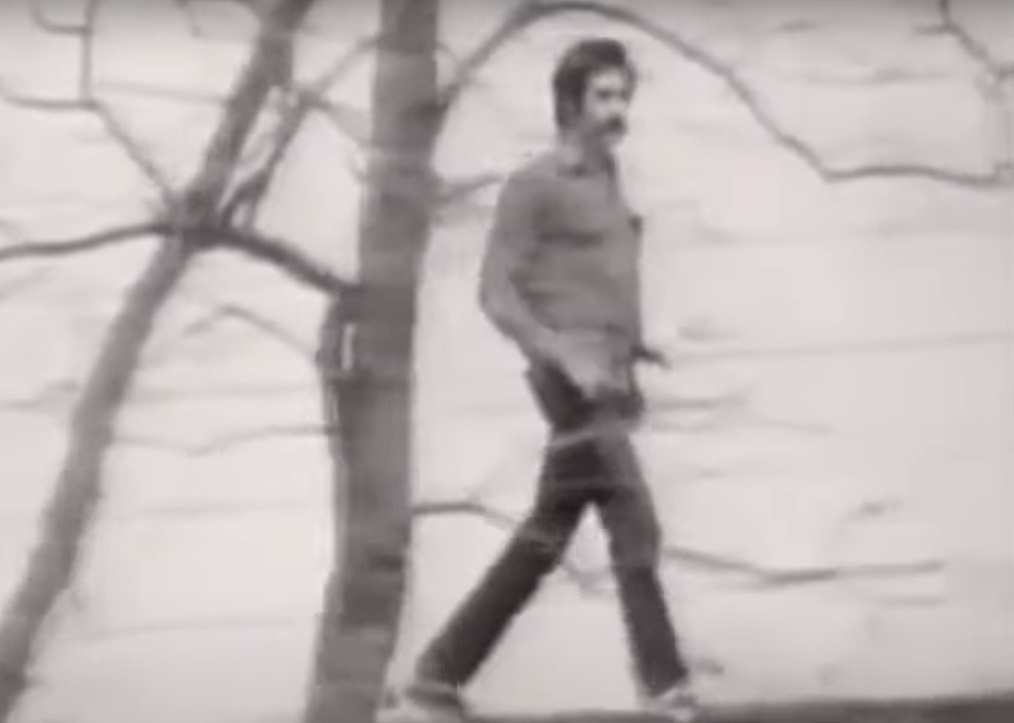 VH1, Behind the Music: Jim Croce (1997-)
VH1, Behind the Music: Jim Croce (1997-)
17. His Parent Secretly Plotted Against Him
Croce’s parents had been supportive of his musical career—to a point. The reality, however, was that they hoped that their son would choose a more stable career path. In a surreptitious way, they had given Croce the $500 in the hopes that his album venture would fail, convincing him to give up his musical ambitions. But they underestimated his talent.
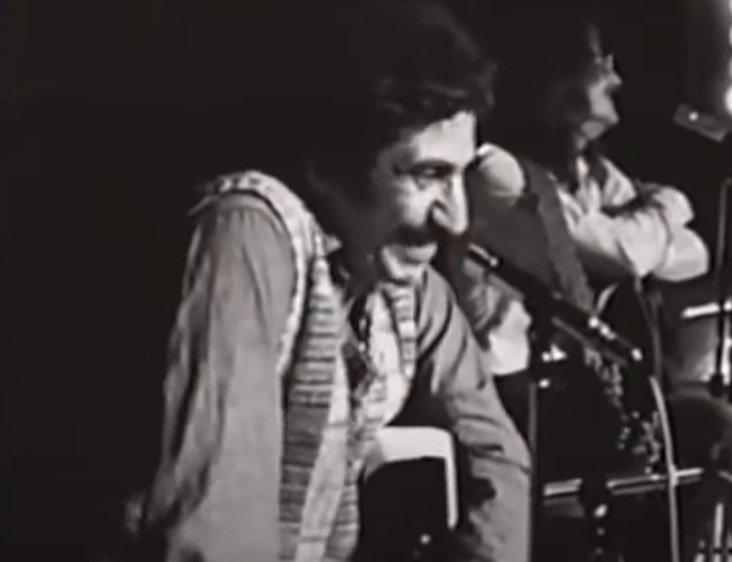 VH1, Behind the Music: Jim Croce (1997-)
VH1, Behind the Music: Jim Croce (1997-)
18. He Was Better Than Anyone Knew
Croce’s parents had hoped that Facets would turn out to be a flop and push Croce towards a more traditional job that leveraged his college education. Instead, Croce’s debut album was a massive success, and the virtually unknown musician sold every single copy. Despite this success, however, Croce’s parents remained unconvinced.
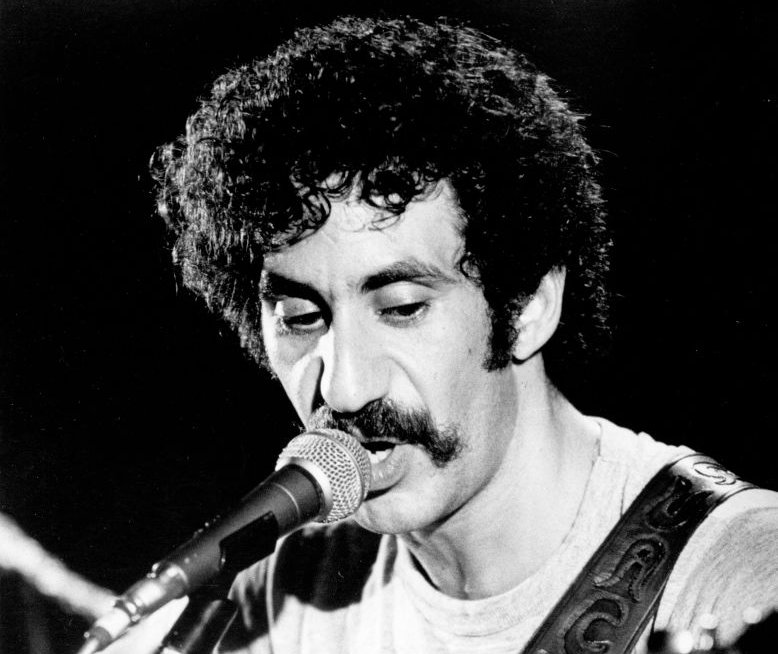 Michael Ochs Archives, Getty Images
Michael Ochs Archives, Getty Images
19. His Father Warned Him
Despite Croce’s success, his father was still thrilled about his son diving into the entertainment world. “You did a good job, Jim,” he said. “But this is small time. It's not the same in the big league. The people in the entertainment world are thieves and worse. Don’t get mixed up with them, Jimmy. That life is no good for you”. Tragically, his words would turn out to be prophetic.
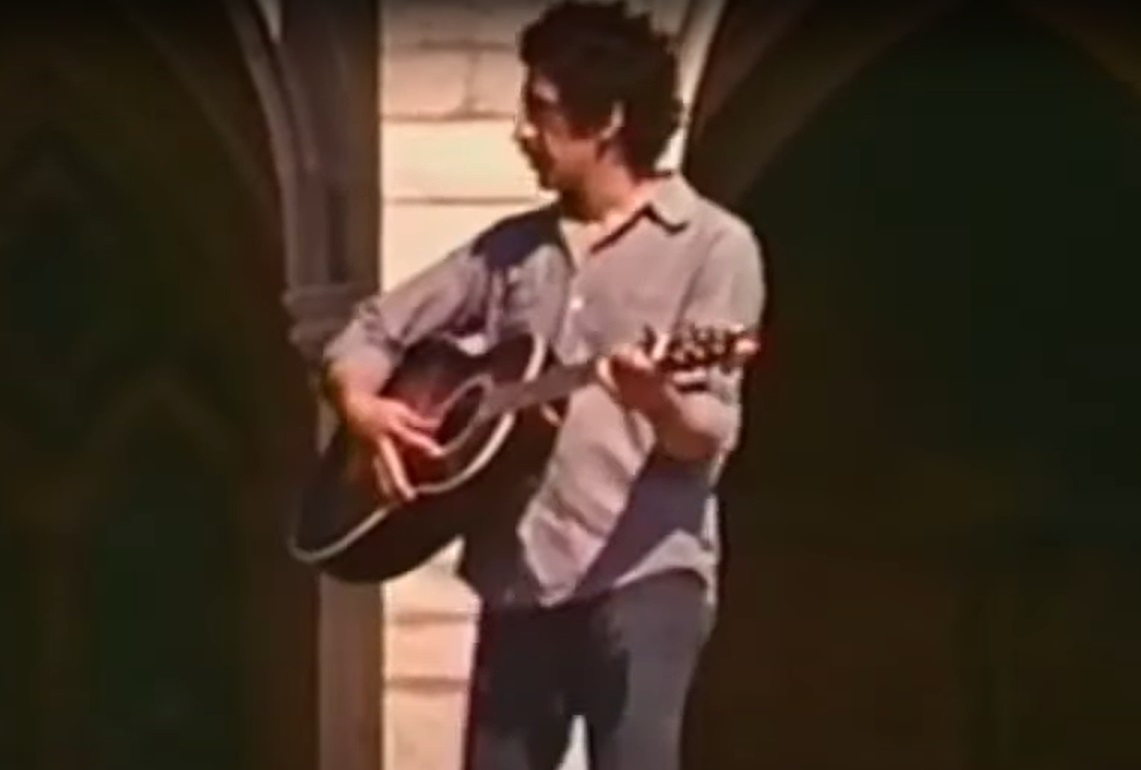 VH1, Behind the Music: Jim Croce (1997-)
VH1, Behind the Music: Jim Croce (1997-)
20. He Was A Honeymoon “Animal”
Despite their professional troubles, Croce and Jacobson were madly in love. In fact, on their honeymoon, they could barely keep their hands off of each other. After two whole days of “nonstop lovemaking," Jacobson playfully protested. Croce quipped back that he was sorry for being “an animal” and then suggested a romantic dinner—of pizza!
Little did they know, their years together were already numbered.
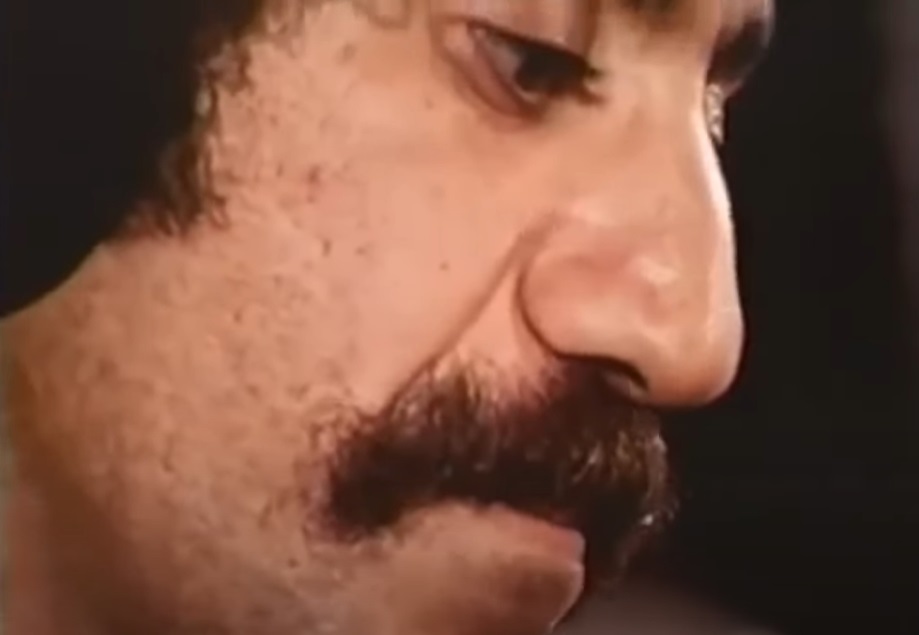 VH1, Behind the Music: Jim Croce (1997-)
VH1, Behind the Music: Jim Croce (1997-)
21. He Enlisted To Dodge The Draft
Croce’s musical career faced another hurdle: the draft. Just one week after his honeymoon, in order to avoid serving overseas in the worst of the fighting in Vietnam, Croce enlisted in the Army National Guard in New Jersey. He spent the next four months away from his new wife. Suffice to say, he was a much better singer than he was a squaddie.
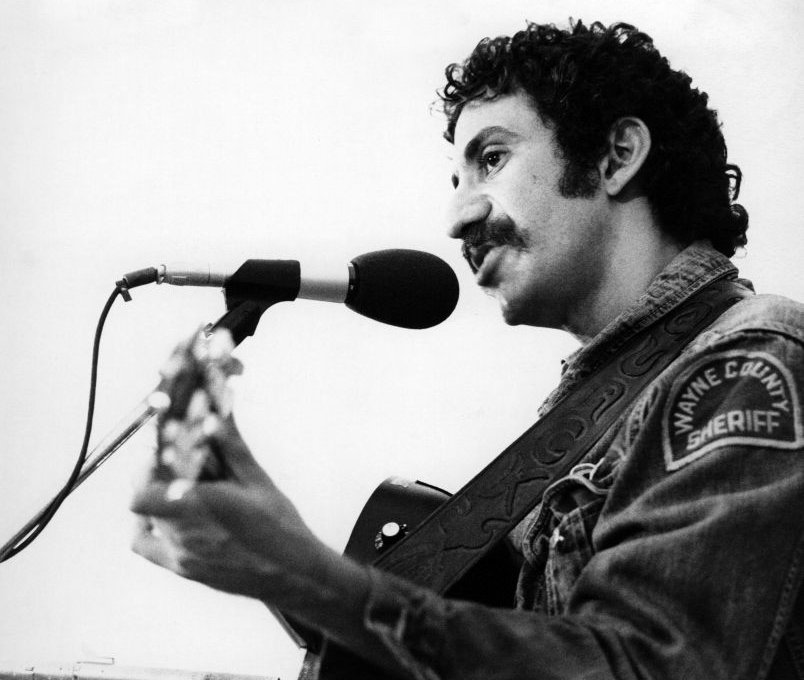 Charlie Gillett Collection, Getty Images
Charlie Gillett Collection, Getty Images
22. He Was Good With A Mop
Unsurprisingly, Croce wasn’t cut out for the National Guard. During his service, his rebellious nature clashed with the strict discipline of basic training and he had to go through boot camp twice. But he never lost his sense of humor, joking that he would be ready if “there’s ever a [fight] where we have to defend ourselves with mops”.
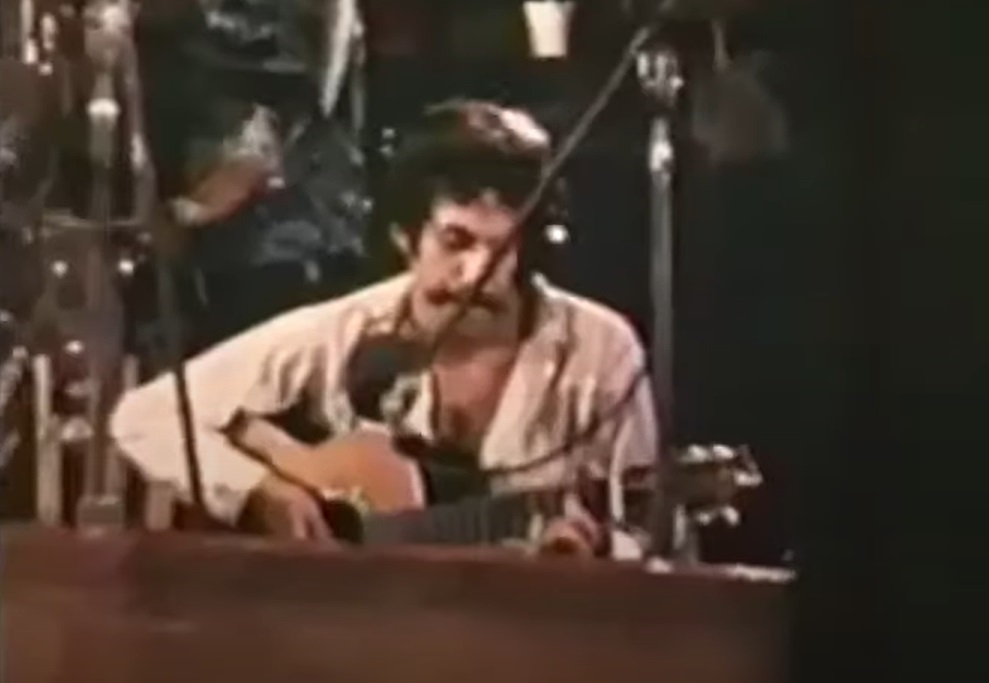 VH1, Behind the Music: Jim Croce (1997-)
VH1, Behind the Music: Jim Croce (1997-)
23. He Made Music A Family Affair
After his service with the National Guard, Croce returned home and combined his two passions in life: music and Jacobson. From the mid-1960s, the couple performed as a duo, singing covers of folk classics. Eventually, they began writing their own songs, marking the start of Croce’s songwriting career. It seemed like their love would take them to the top of the charts.
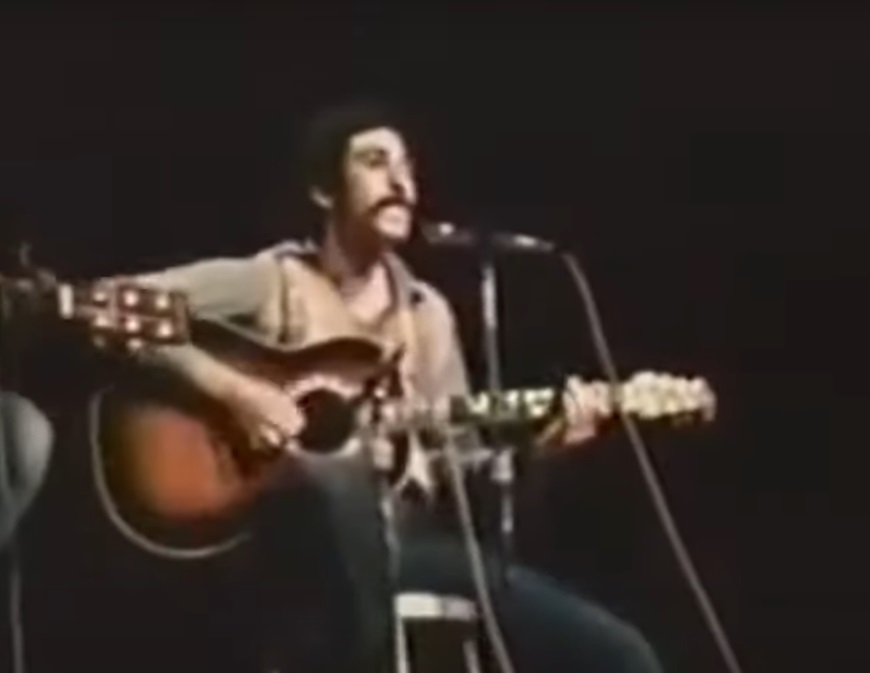 VH1, Behind the Music: Jim Croce (1997-)
VH1, Behind the Music: Jim Croce (1997-)
24. He Took His Dreams To New York
In 1968, Croce and Jacobson decided that it was time to bet it all on their musical career. They uprooted themselves from Pennsylvania and moved to New York on the advice of music producer Tommy West. They quickly settled into the Bronx and recorded their first album, Jim & Ingrid Croce. But the Big Apple was harder to take a bite out of than they anticipated.
25. He Hit the Road—Hard
To promote their album, Croce and Jacobson embarked on an exhausting tour. According to Jacobson, they logged over 480,000 kilometers, playing gigs in tiny clubs and making a name for themselves on the college concert circuit. Unfortunately, however, the grueling tour began to take its toll on their relationship and they had to make a decision.
They either have to give up music or their marriage.
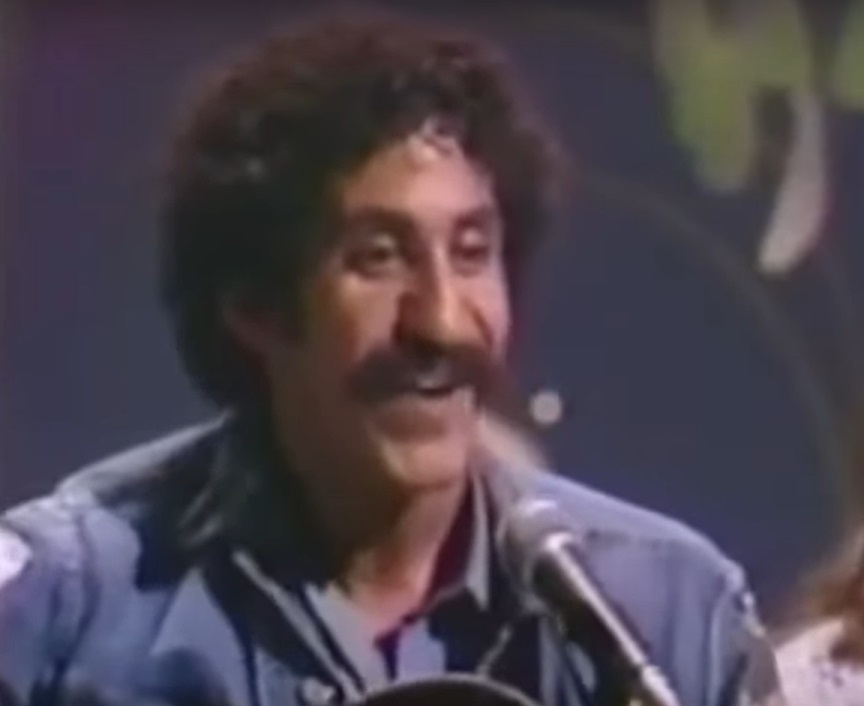 VH1, Behind the Music: Jim Croce (1997-)
VH1, Behind the Music: Jim Croce (1997-)
26. He Sold Everything Except His Guitar
The relentless grind of life on the road coupled with the harsh realities of the music industry left Croce and Jacobson feeling disillusioned. But they knew what mattered most: each other. The couple sold all but one guitar to cover their rent and made their way back to the Pennsylvania countryside. It seemed like their star had faded.
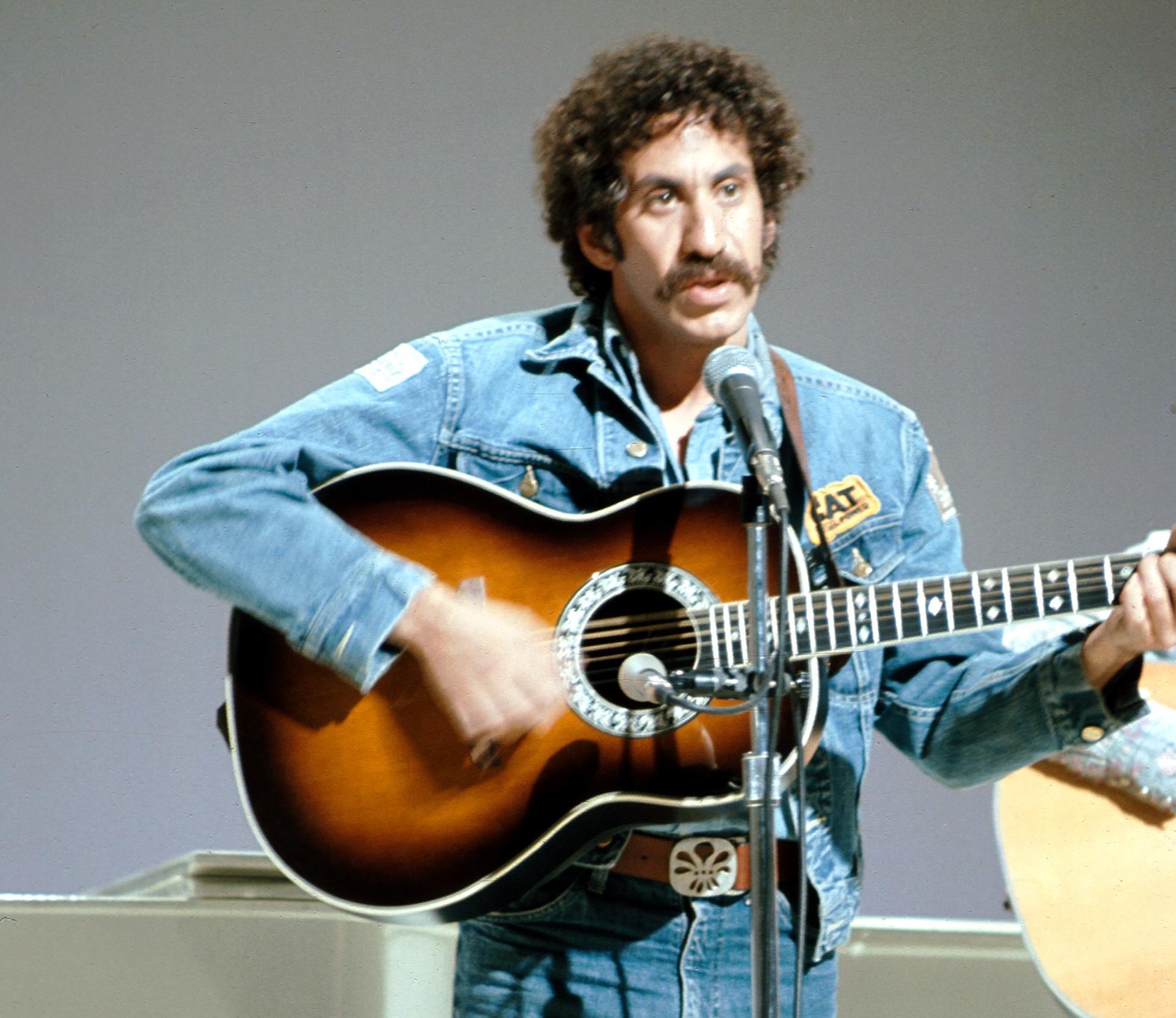 Michael Ochs Archives, Getty Images
Michael Ochs Archives, Getty Images
27. He Played The Paddock
With their dreams of becoming a chart-topping husband-wife duo behind them, Croce and Jacobson settled into a rustic old farm in Lyndell. Even so, Croce, unlike Jacobson, had to find an outlet for the music coursing through his veins. He managed to land a gig at a local dive, the Riddle Paddock, taking in just $25 a night.
It wasn’t nearly enough to pay their bills, and Croce turned to other work to make ends meet.
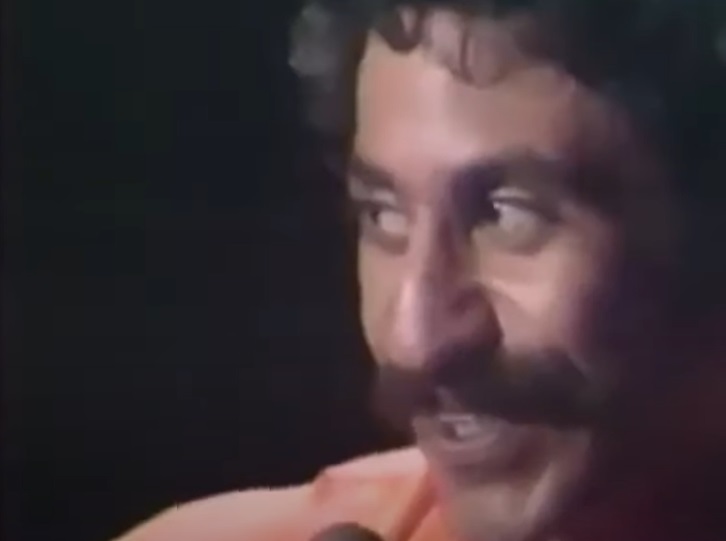 VH1, Behind the Music: Jim Croce (1997-)
VH1, Behind the Music: Jim Croce (1997-)
28. He Found Inspiration Where He Least Expected It
To put food on the table, Croce had no choice but to take on several jobs. He tried driving trucks, working in construction, and teaching guitar. But, to his surprise, these “mundane” jobs turned out to be the source of inspiration for songs such as “Big Wheel" and “Workin’ at the Car Wash Blues" that would later make him famous.
But these jobs nearly cost him his life.
 VH1, Behind the Music: Jim Croce (1997-)
VH1, Behind the Music: Jim Croce (1997-)
29. He Fell Down On The Job
Croce’s friend Bill got him a job painting an elevator shaft because he knew that Croce wasn’t afraid of heights. More specifically; that Croce wasn’t afraid of falling from great heights. But, miraculously, Croce survived a dramatic fall down two stories, thankfully landing in wet cement. Croce jokingly recalled the incident as one of his “more spectacular” accidents.
And there were many.
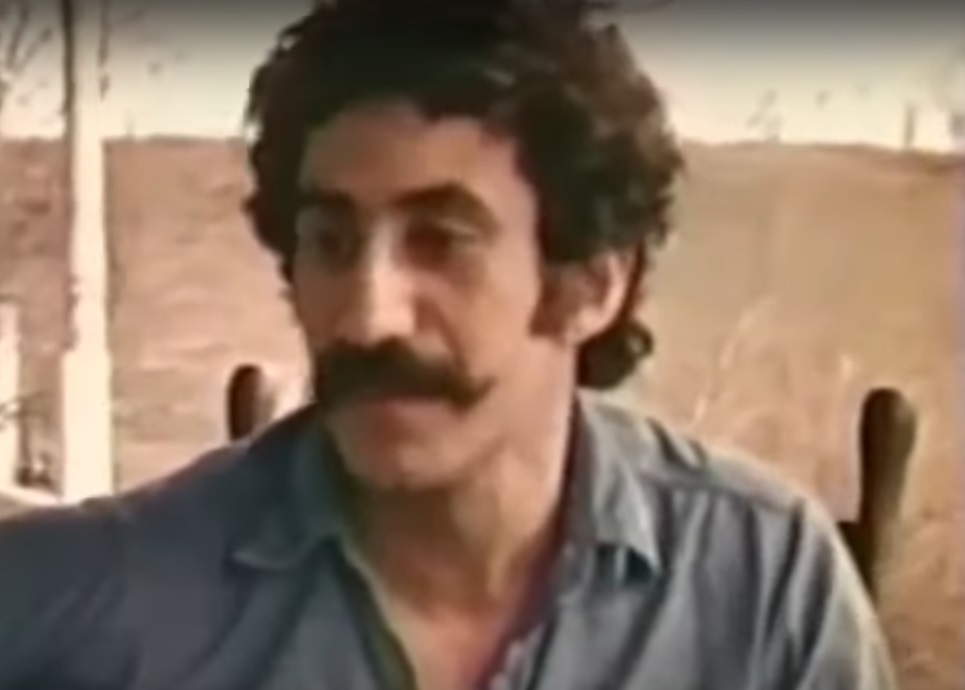 VH1, Behind the Music: Jim Croce (1997-)
VH1, Behind the Music: Jim Croce (1997-)
30. He Fell Off A Roof—In Style
Croce’s friend Bill recalled another time that the aspiring folk singer almost missed his date with destiny. “One day, Jim comes by to help me put on my new roof,” Bill explained. The two spent the entire day up there, drinking and hammering. Until, maybe, they were doing more drinking than hammering. “I turn my back to him for a minute,” Bill said, “when all of a sudden I hear this noise. Whoosh!”
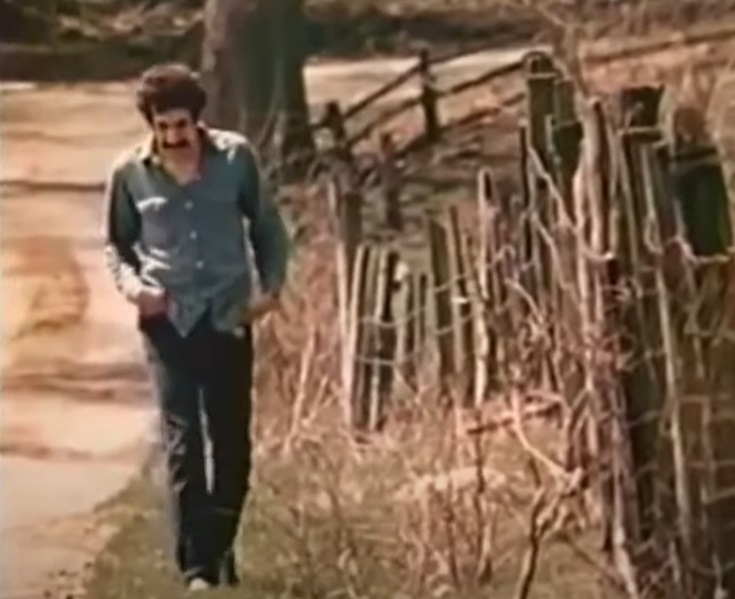 VH1, Behind the Music: Jim Croce (1997-)
VH1, Behind the Music: Jim Croce (1997-)
31. He Was Hanging On For Dear Life
Bill recounted the harrowing moment when he turned to where Croce had been standing. Only, Croce wasn’t standing anymore—he was on the verge of plummeting from the roof. But, even with Croce’s face in an expression of panic and surprise, he was still holding desperately onto his glass. It didn’t take Bill long to rush over and try to help his friend.
But he was too late.
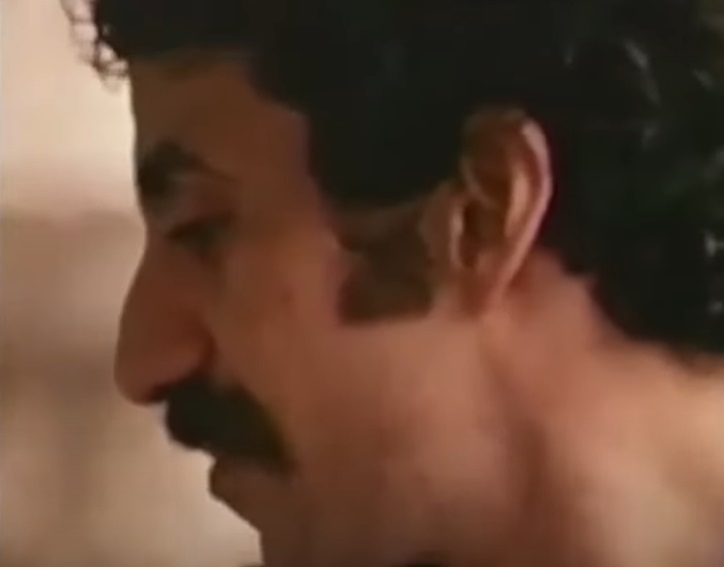 VH1, Behind the Music: Jim Croce (1997-)
VH1, Behind the Music: Jim Croce (1997-)
32. He Landed The Perfect Backflip
By the time Bill got to the edge of the roof, Croce had already fallen over and he was only hanging on by the gutter pipe. “I see one hand holding on,” Bill explained, “and the other hand reaching up—but it’s still got the [glass] in it and can’t hold on”. Sure enough, Croce lost his grip on the gutter and fell off the roof.
Amazingly, however, Bill claimed that Croce did the “neatest backflip," landed on his feet and, most importantly, never spilled a drop of his drink. He had a lot to live for.
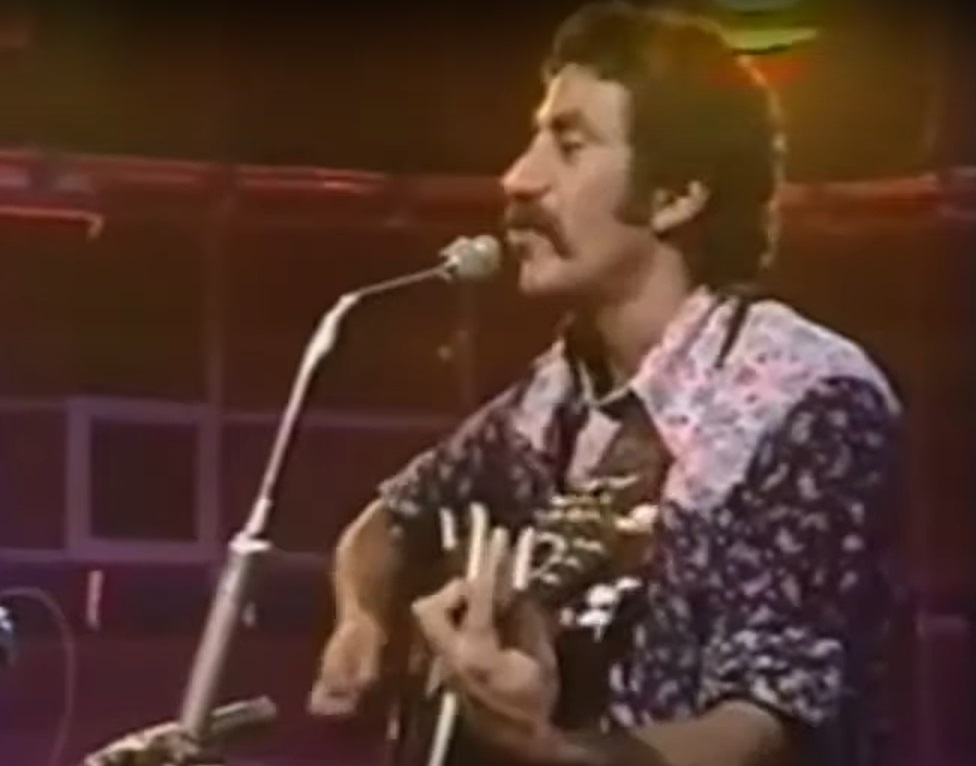 VH1, Behind the Music: Jim Croce (1997-)
VH1, Behind the Music: Jim Croce (1997-)
33. He Finally Took His Musical Seriously
The year 1971 changed everything for Croce. His wife, Jacobson, became pregnant with their son, Adrian James, and Croce knew that his chances to turn his folk dreams into rock realities were getting slimmer. But, with a whole repertoire of new songs, inspired by his everyday life, he sent off a cassette to one of his friends in New York.
His fortunes were about to be flipped upside down.
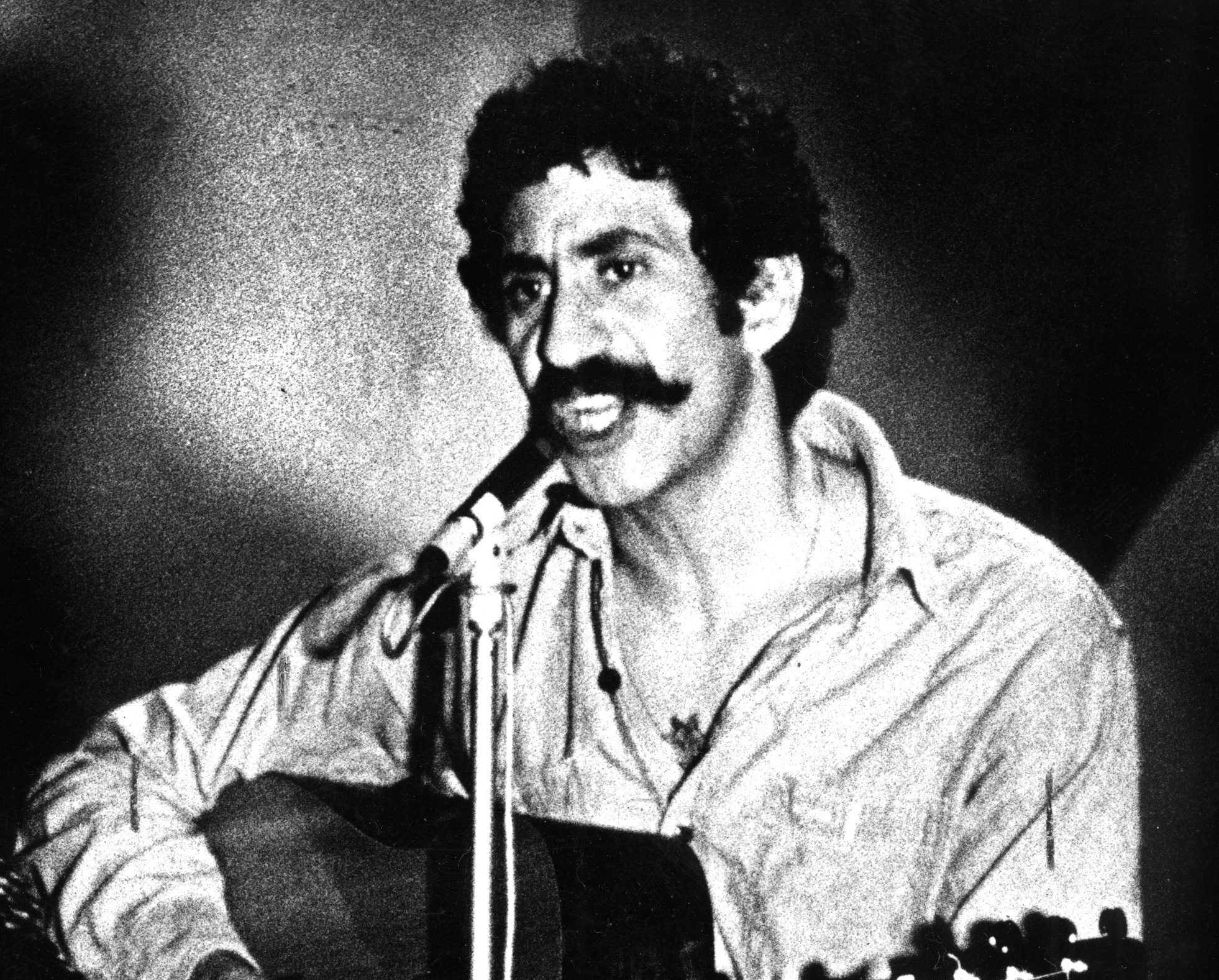 Gijsbert Hanekroot, Getty Images
Gijsbert Hanekroot, Getty Images
34. He Was An Overnight Star
Croce’s cassette with his new songs landed him a three-record deal with a major label—and turned him into an overnight star. Between mid-1972 and January of 1973, he released two albums You Don’t Mess Around with Jim and Life and Times, both of which had hit singles that cracked the top 10 on various charts and became staples on the airwaves.
One song, in particular, resonated with listeners—and foreshadowed his untimely demise.
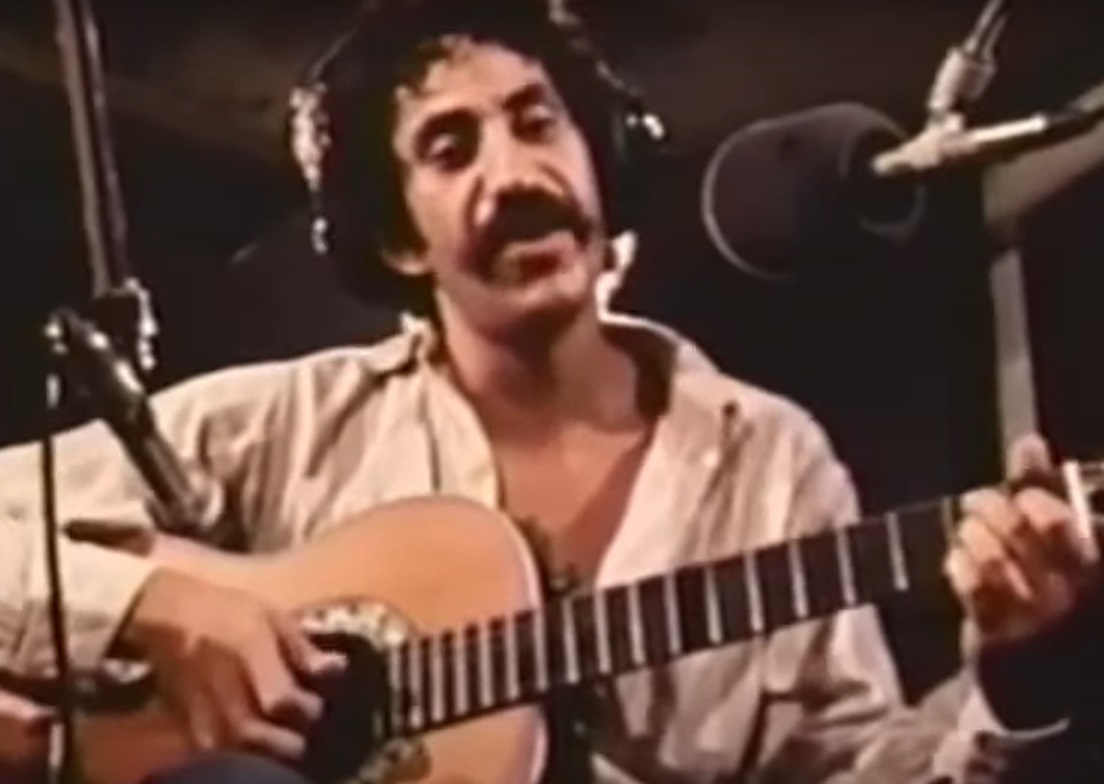 VH1, Behind the Music: Jim Croce (1997-)
VH1, Behind the Music: Jim Croce (1997-)
35. He Unintentionally Wrote A Fitting Song
On the very same night that Croce learned that Jacobson was pregnant in 1970, he wrote the song that would define his career: “Time in a Bottle”. He dedicated the touching folk song to his wife and unborn son. But the lyrics “...there never seems to be enough time / To do the things you want to do” took on a terrifying meaning given what happened next.
 VH1, Behind the Music: Jim Croce (1997-)
VH1, Behind the Music: Jim Croce (1997-)
36. He Was Everywhere
Later in 1972, as his star was beginning to rise, Croce moved his family to San Diego. He also made his national TV debut on American Bandstand and, just two days later, appeared on The Tonight Show for the first time, followed by two performances on The Dick Cavett Show a few months before his album Life and Times debuted.
Little did he know, it was the calm before the storm.
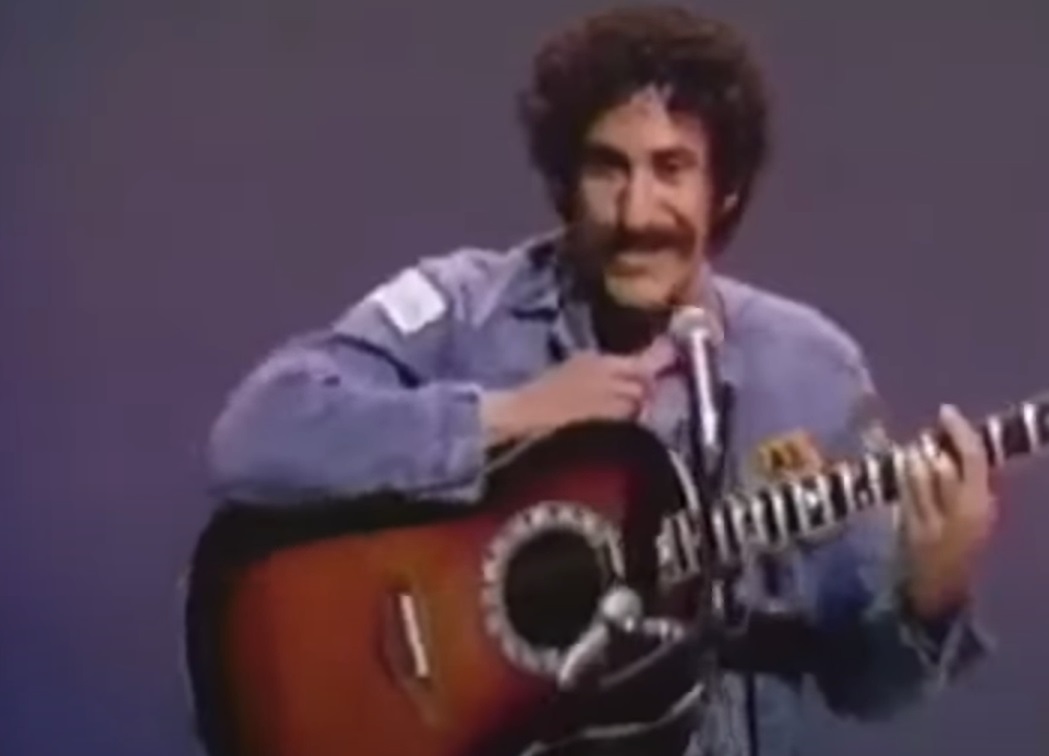 VH1, Behind the Music: Jim Croce (1997-)
VH1, Behind the Music: Jim Croce (1997-)
37. His Dreams Came True, Kind Of
With his growing fame, Croce began touring the US alongside his guitarist, Maury Muehleisen. They performed everywhere from college campuses to coffeehouses and folk festivals. Yet despite having his dreams come true, Croce’s financial situation remained precarious at best, and he may have remembered his father’s old advice.
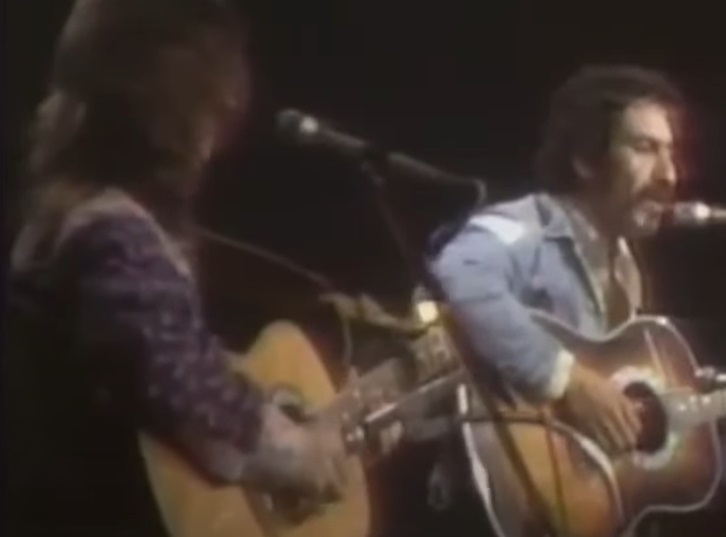 VH1, Behind the Music: Jim Croce (1997-)
VH1, Behind the Music: Jim Croce (1997-)
38. He Was Deep In Debt
In an effort to help him record his albums and kickstart his career, Croce’s record label had given him a sizable advance. But it turned out to be a bad business arrangement. Even as his concert revenue and royalties soared, he watched most of his money go towards paying off his debts. The only solution, he figured, would be to make even more money.
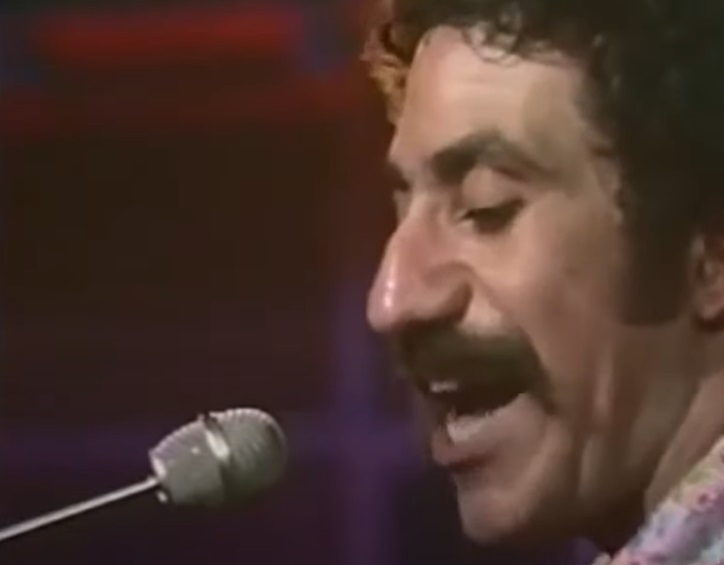 VH1, Behind the Music: Jim Croce (1997-)
VH1, Behind the Music: Jim Croce (1997-)
39. He Went Global
Croce’s fame wasn’t just limited to the United States. In the summer of 1973, he traveled to London with Muehleisen and performed on The Old Grey Whistle Test, a popular British music show. During his appearance, he played tracks from his upcoming album I Got a Name to promote his upcoming tour. But success would be his downfall.
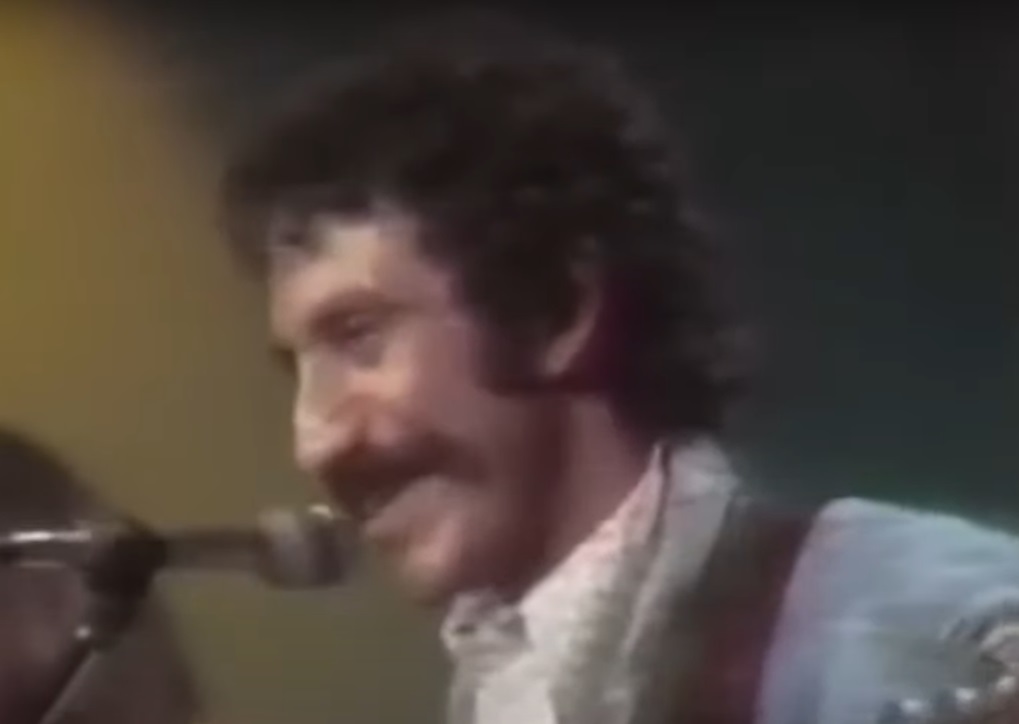 VH1, Behind the Music: Jim Croce (1997-)
VH1, Behind the Music: Jim Croce (1997-)
40. He Was Running on Empty
Croce’s Life and Times tour pushed him to his limits—and then some. By 1973, he was performing more than 300 concerts a year, barely resting or taking time off to be with his wife and son. The exhausting pace of the tour left him physically and emotionally drained, making him question whether he should have been more careful in what he wished for.
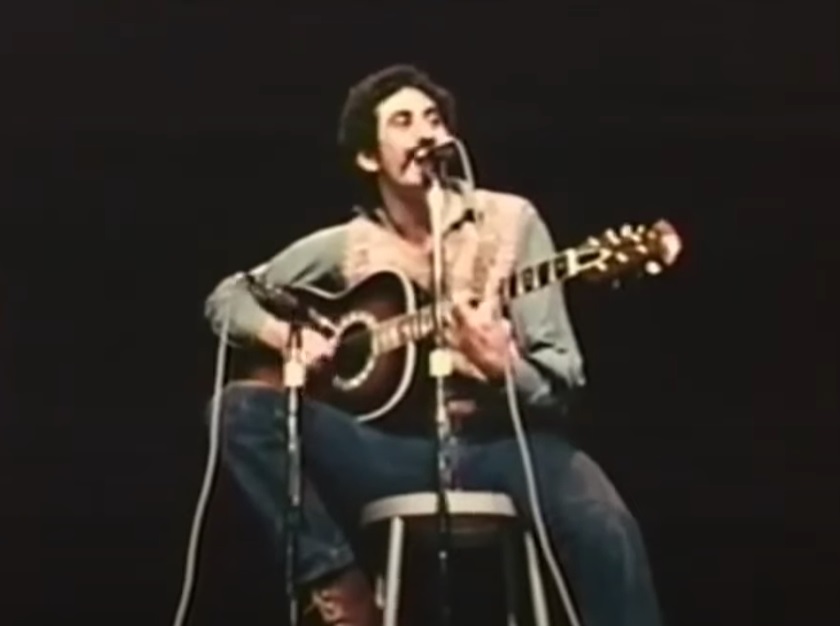 VH1, Behind the Music: Jim Croce (1997-)
VH1, Behind the Music: Jim Croce (1997-)
41. His Dreams Took Him Further From Home
Even Croce’s guitarist, Muelheisen, was beginning to feel the stress of the tour. “When do we get a break?” Muelheisen asked after a particularly grueling show. “I’m worn out too,” Croce confessed, “but we’ve got to keep going”. Deep down, however, he knew that the closer he got to the top of the charts, the further he got from his young family.
But life on the road wasn’t all bad.
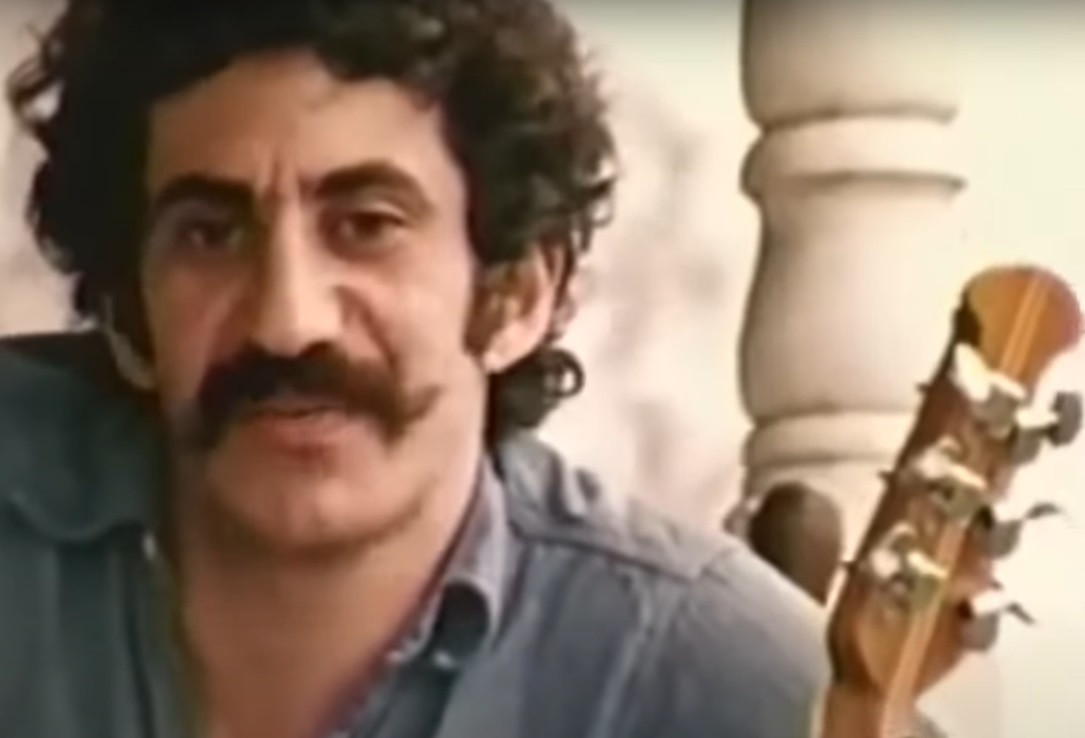 VH1, Behind the Music: Jim Croce (1997-)
VH1, Behind the Music: Jim Croce (1997-)
42. He Had Groupies
Croce’s fame was growing by the minute, and he had the groupies to prove it. He later recounted a funny story about a group of women who approached him on tour with, shall we say, an unusual request. The women explained that they were on a mission to make a collection of plaster molds of all of their favorite rock stars and musicians.
They were not, however, referring to Croce’s face.
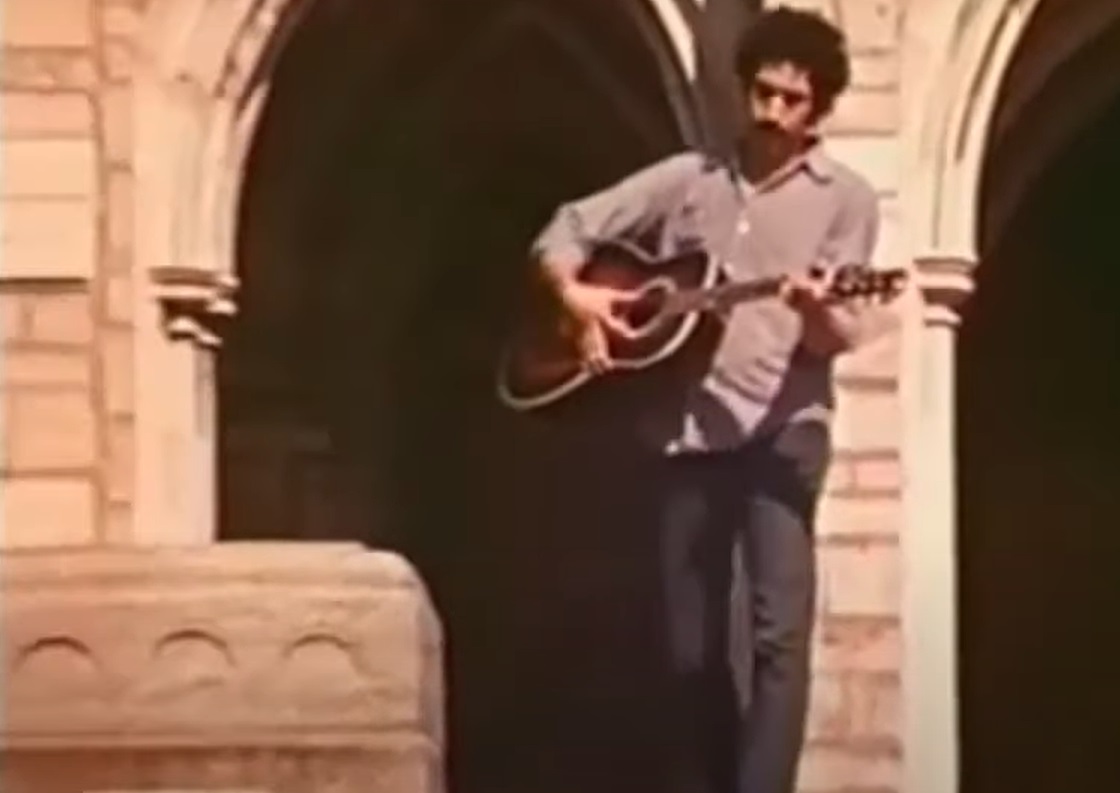 VH1, Behind the Music: Jim Croce (1997-)
VH1, Behind the Music: Jim Croce (1997-)
43. He Ruined Everything In “Five Short Minutes”
Croce, ever the playful soul, and eager to lean into his newfound fame, indulged the women. But it soon became pretty obvious that they weren’t talking about making a plaster mold of his guitar-strumming hands. They wanted a mold of his…nether regions. Croce found the encounter bizarre and wrote the song “Five Short Minutes" based on the interaction.
But not everyone found it so amusing.
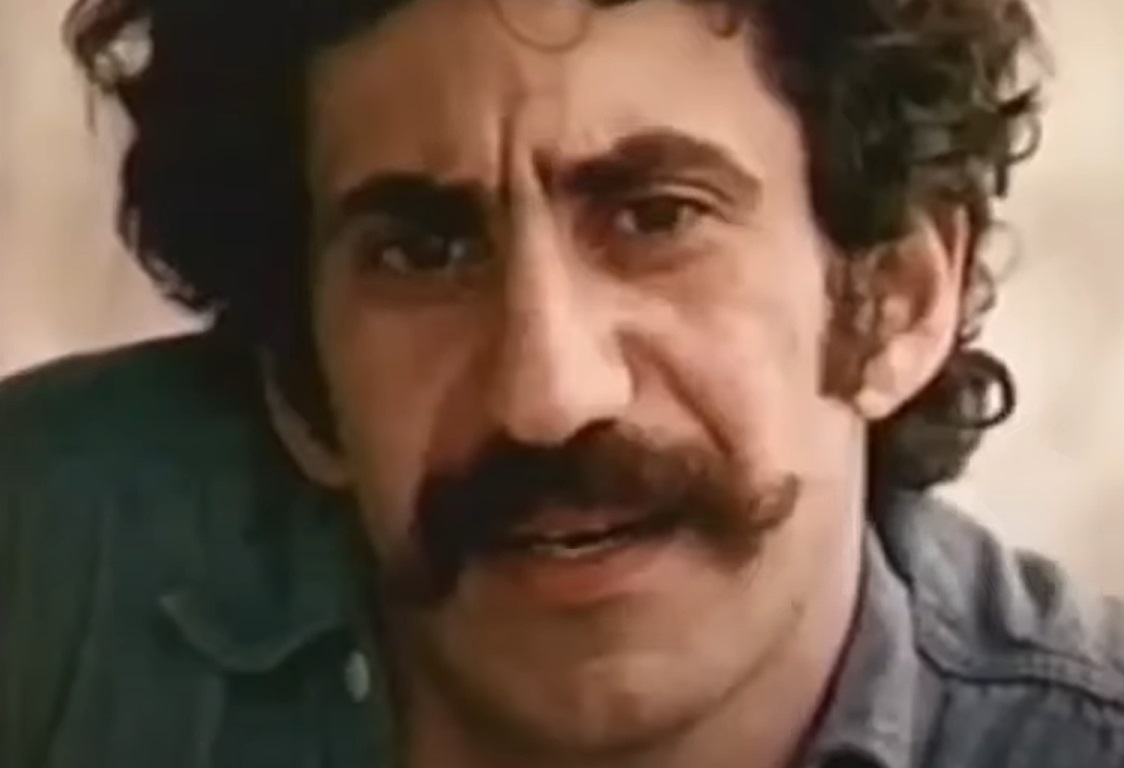 VH1, Behind the Music: Jim Croce (1997-)
VH1, Behind the Music: Jim Croce (1997-)
44. His Wife Was Angry With Him
On one of his rare breaks from tour, Croce recounted the interaction with the groupies to Jacobson and told her about the song he had written about it. Jacobson, however, was not impressed. “It’s not only a song,” she exploded at him, “How stupid do you think I am?” Turns out, Jacobson had some big news of her own to share with her rising star.
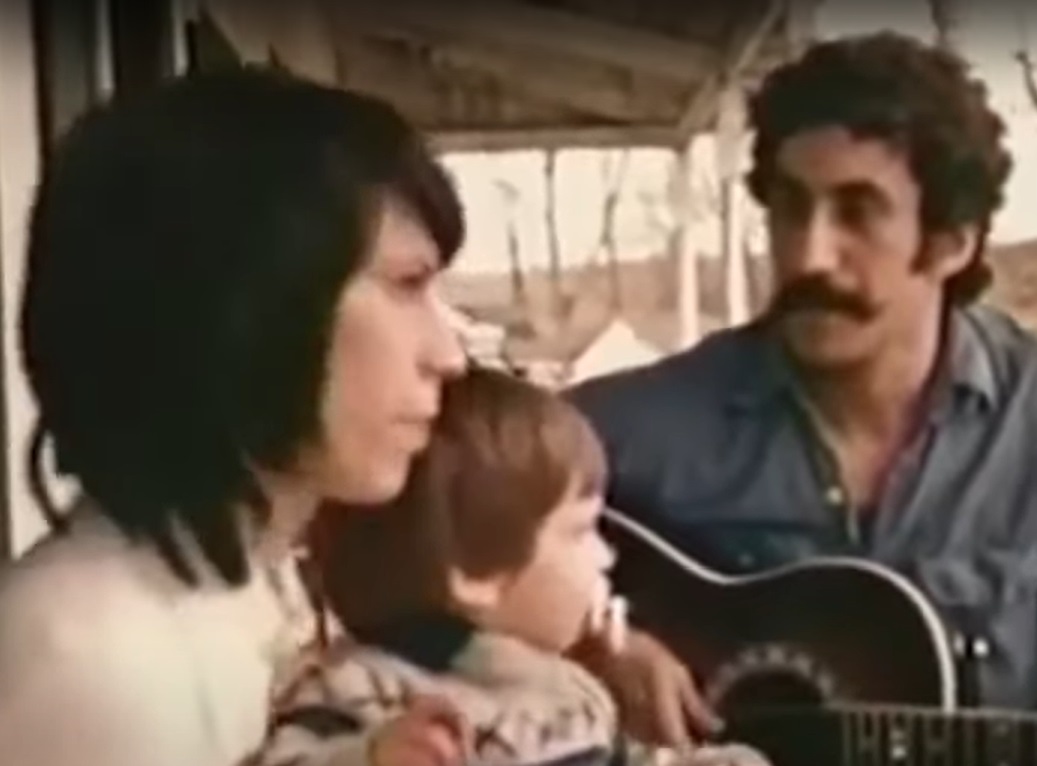 VH1, Behind the Music: Jim Croce (1997-)
VH1, Behind the Music: Jim Croce (1997-)
45. He Walked Out On His Family
Life on tour hadn’t just been hard on Croce. Jacobson was also finding the separation difficult. During this particular argument, she dropped the big news: “Jim, I’m going to have another baby". In a huff, Croce fired back, “Well, have it your goddamn self!” before grabbing his guitar and walking out.
They wouldn’t get another chance to find their harmony as they had before.
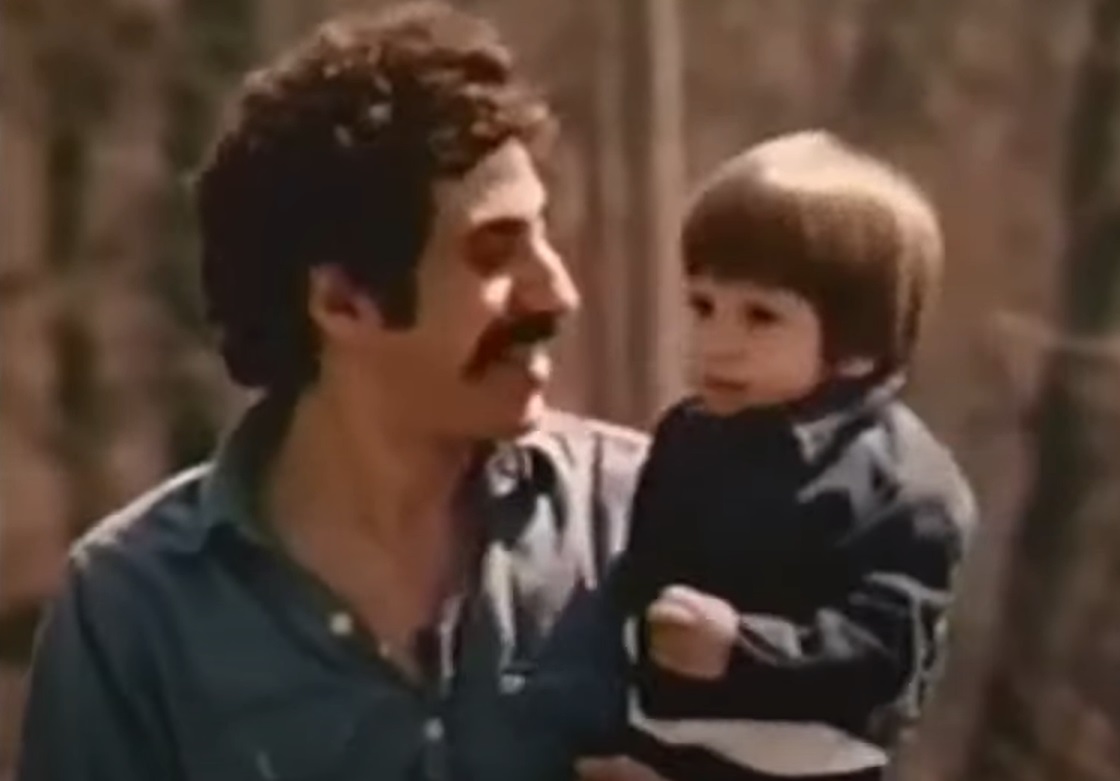 VH1, Behind the Music: Jim Croce (1997-)
VH1, Behind the Music: Jim Croce (1997-)
46. He Was Just Getting Started
After storming out, Croce returned to his Life and Times tour with just a handful of shows left. Even better, on the night of September 20, 1973, after he performed a concert at Northwestern State University, he was about to reach another major milestone. The release of his latest single “I Got a Name” was just hours away. The new single was supposed to debut the next day.
Unfortunately, he wouldn’t make it through the night to see it.
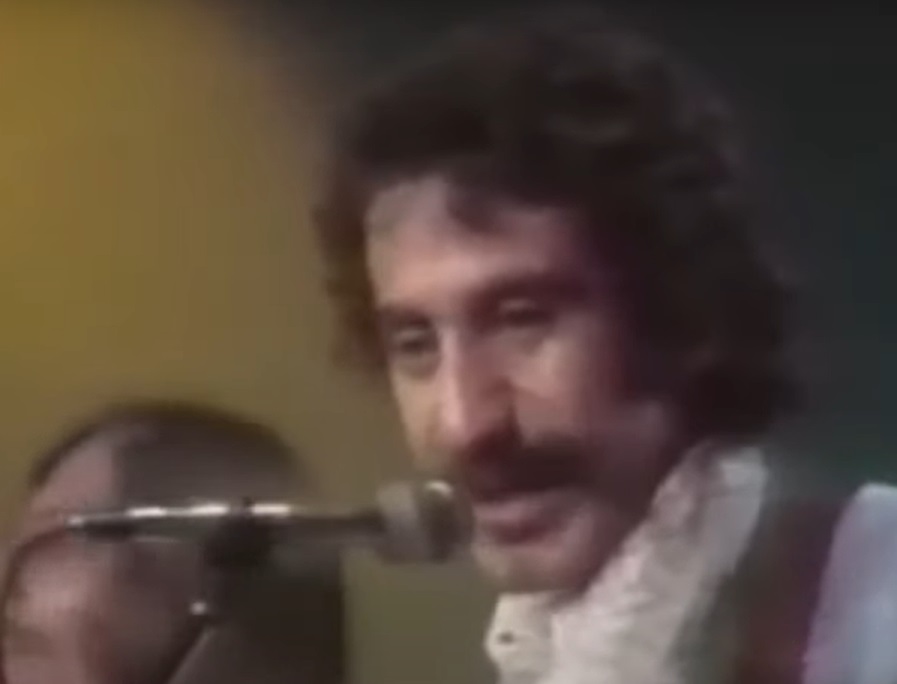 VH1, Behind the Music: Jim Croce (1997-)
VH1, Behind the Music: Jim Croce (1997-)
47. He Boarded A Doomed Flight
After the concert in Louisiana, Croce, along with five others, boarded a chartered Beechcraft E18S to head to Sherman, Texas, in an effort to make up for lost time. Onboard were his guitarist and close friend Maury Muehleisen, the tour manager, road manager, comedian George Stevens, and the pilot. The flight was just supposed to be a short one.
It turned out to be a lot shorter than anyone expected.
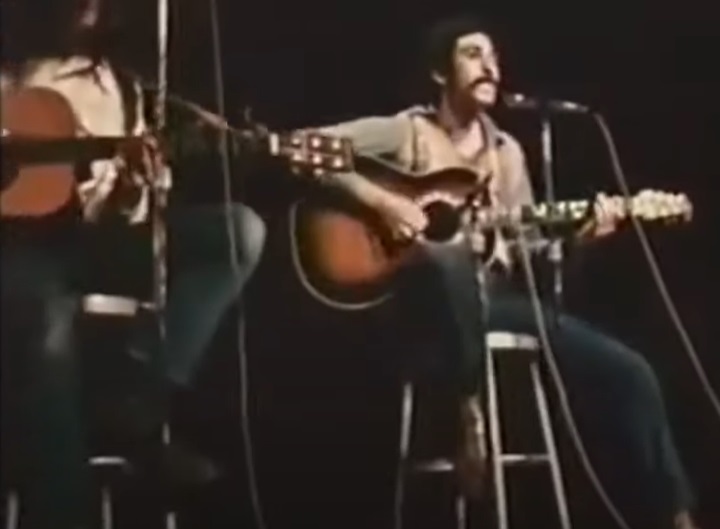 VH1, Behind the Music: Jim Croce (1997-)
VH1, Behind the Music: Jim Croce (1997-)
48. He Didn’t See It Coming
Croce’s plane took off shortly after 10 pm under foggy conditions from Natchitoches Regional Airport. Only moments later, disaster struck. The pilot, Robert Elliott, didn't observe an obstruction, and the Beechcraft crashed into a tree only seconds after becoming airborne. The plane carrying the rising star of folk music went down in the darkness.
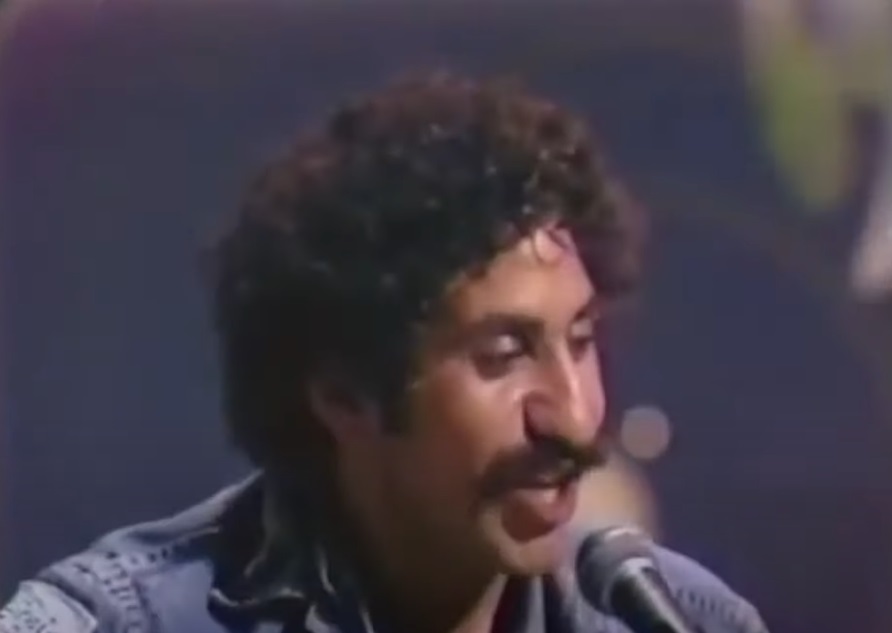 VH1, Behind the Music: Jim Croce (1997-)
VH1, Behind the Music: Jim Croce (1997-)
49. His Pilot Was Unfit To Fly
By the time emergency crews reached the crash site, one thing was certain: No one onboard the Beechcraft E18S had survived. Through an investigation, authorities uncovered alarming details about the pilot. Not only had the weather been a factor, but the pilot had severe coronary artery disease and had run three miles to the airport from his motel before the flight, likely impairing his ability to pilot the plane.
Sadly, his poor health and the adverse conditions spelled an untimely end for Jim Croce. The real tragedy, however, came after the dust settled.
 VH1, Behind the Music: Jim Croce (1997-)
VH1, Behind the Music: Jim Croce (1997-)
50. He Spoke From Beyond The Grave
One week after Croce’s untimely plane crash and demise, Jacobson received his final letter, written shortly before the crash, in the mail. “And when I get back everything will be different,” he wrote to her. “We're gonna have a life together, Ing, I promise”. The recently deceased songwriter went on to say that he was going to step back from his newfound fame and leave music behind.
“I'm gonna write short stories and movie scripts. Who knows, I might even get a tan”. The most chilling line, however, was the last one: “Remember, it's the first sixty years that count and I've got thirty to go”.
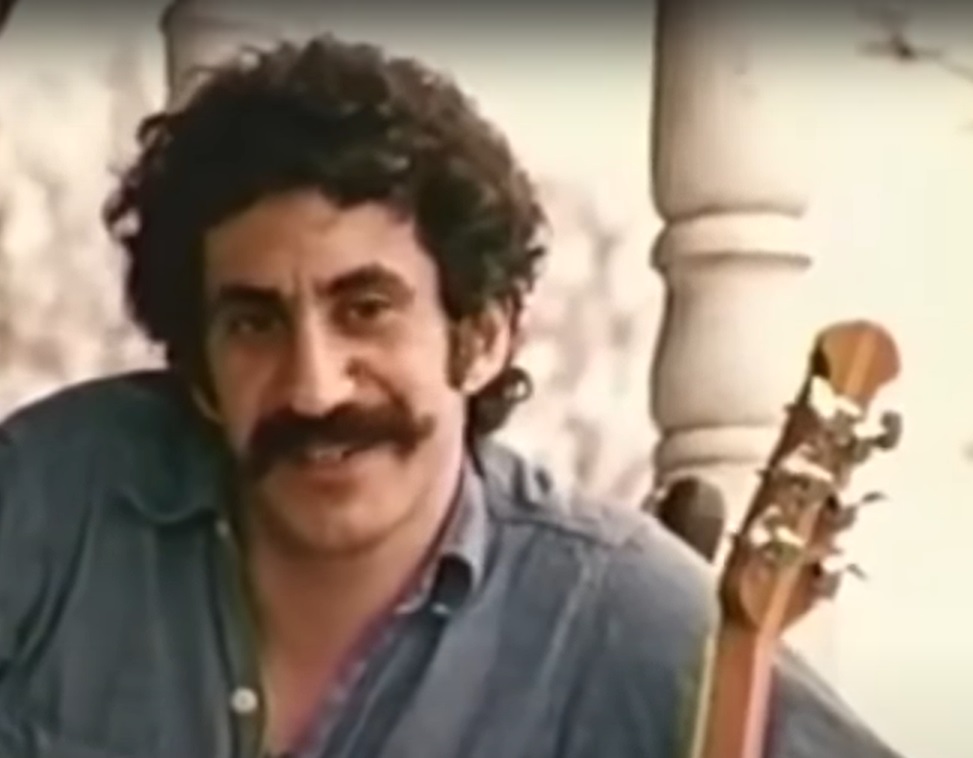 VH1, Behind the Music: Jim Croce (1997-)
VH1, Behind the Music: Jim Croce (1997-)
51. His Legacy Took Flight
Just as planned, despite the tragedy, the day after the crash, Croce’s record label released "I Got a Name". The tragic events of the prior night turned the timely tune into an anthem for fans who were grieving his sudden loss. Even from the grave, he continued topping charts, attaining new heights in fame.
His son, AJ, summarized his father’s career best when he said, “He was you know, it took him 10 years to be an overnight success”. But a success, he was.

